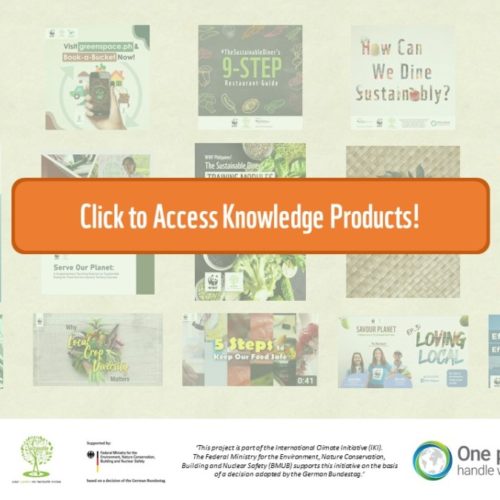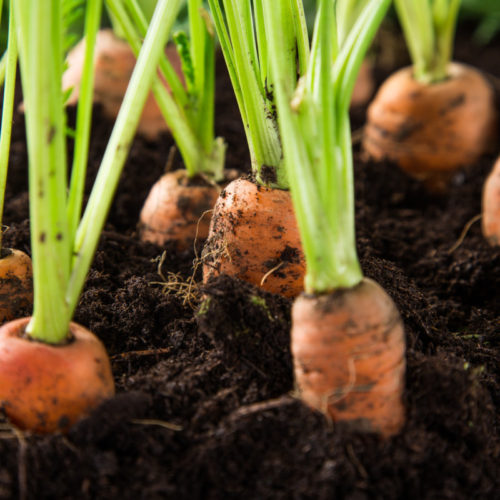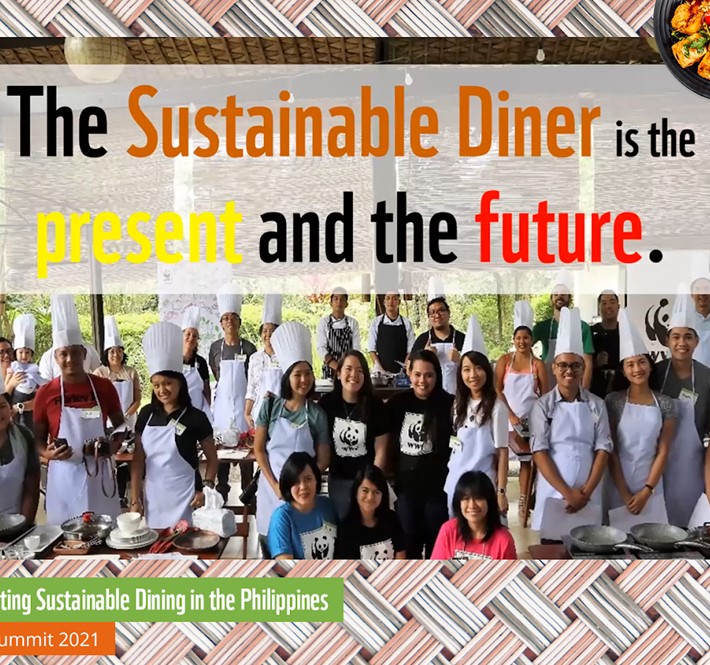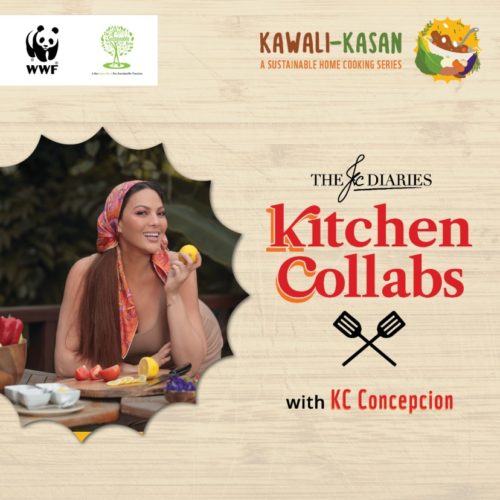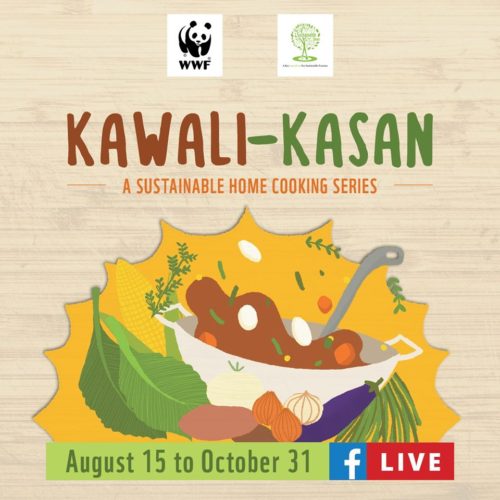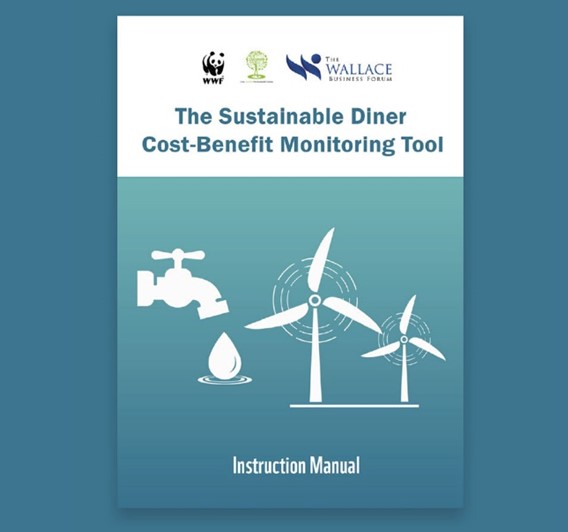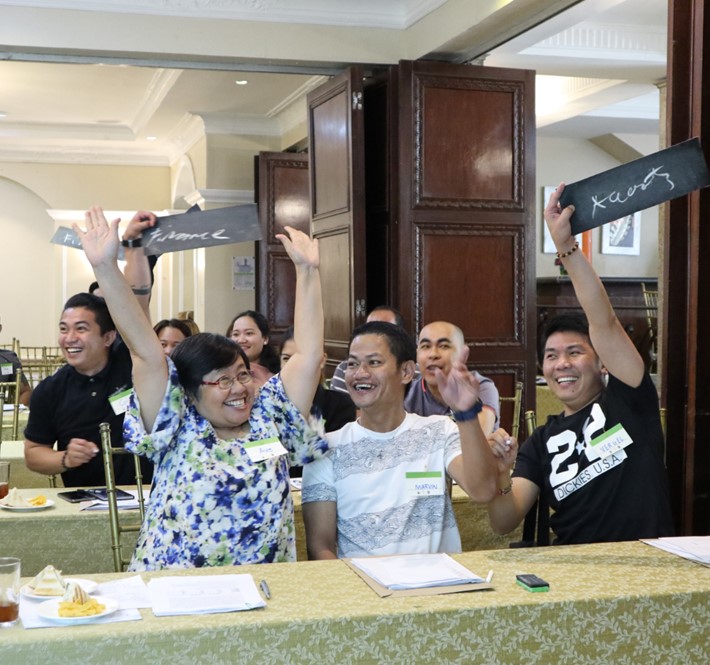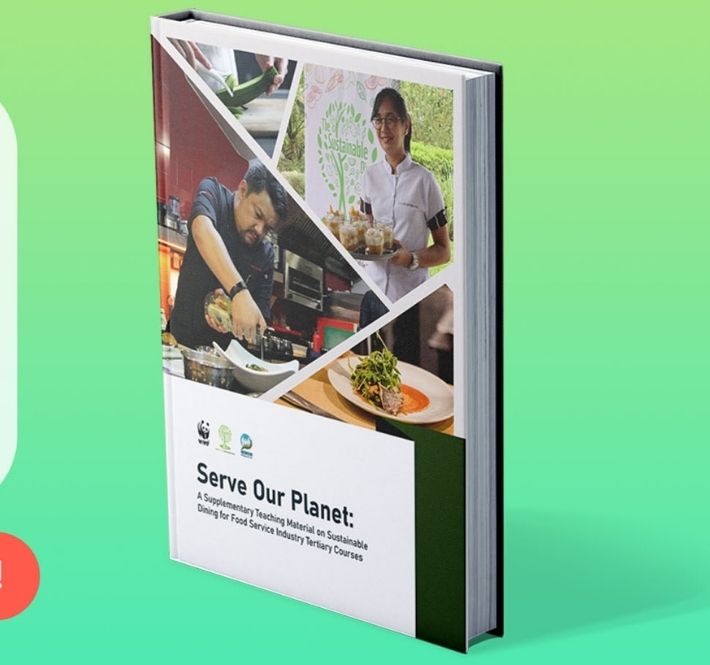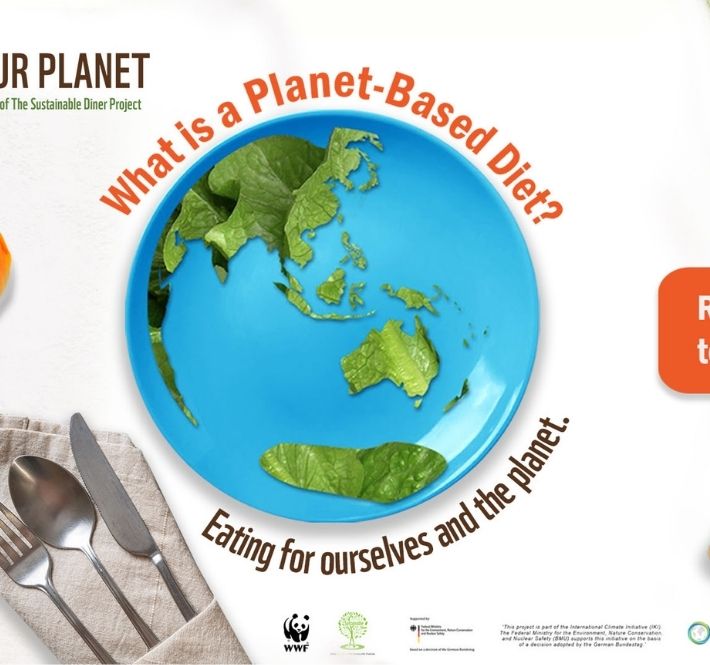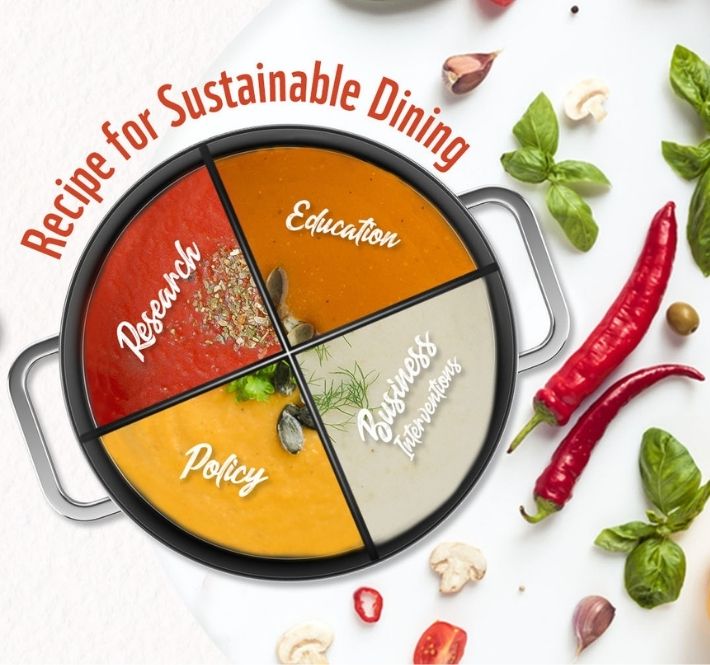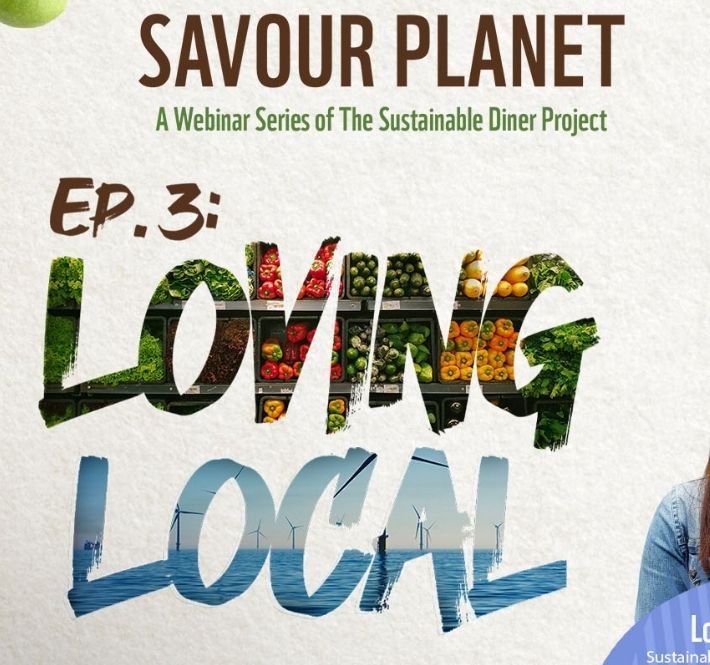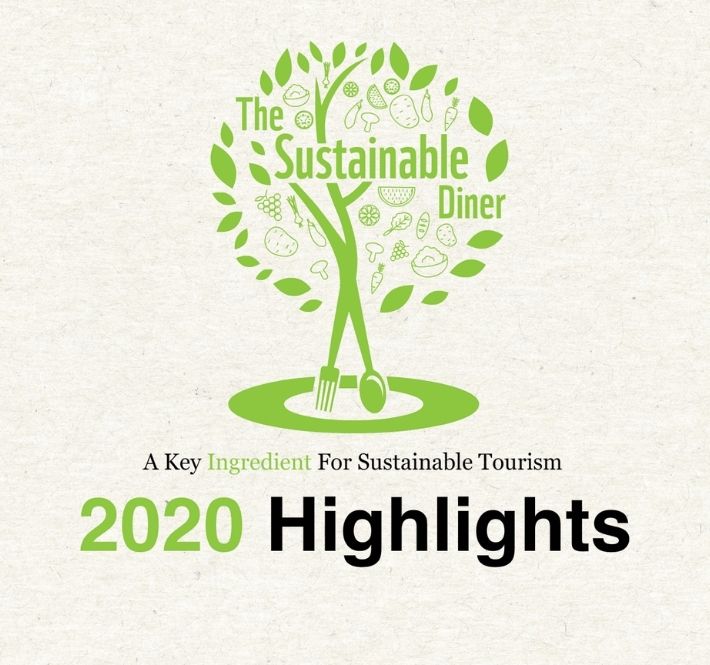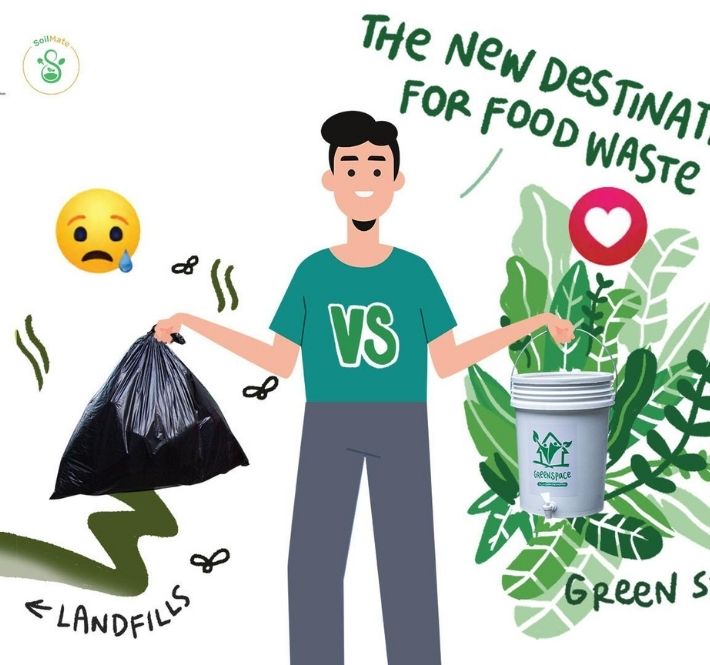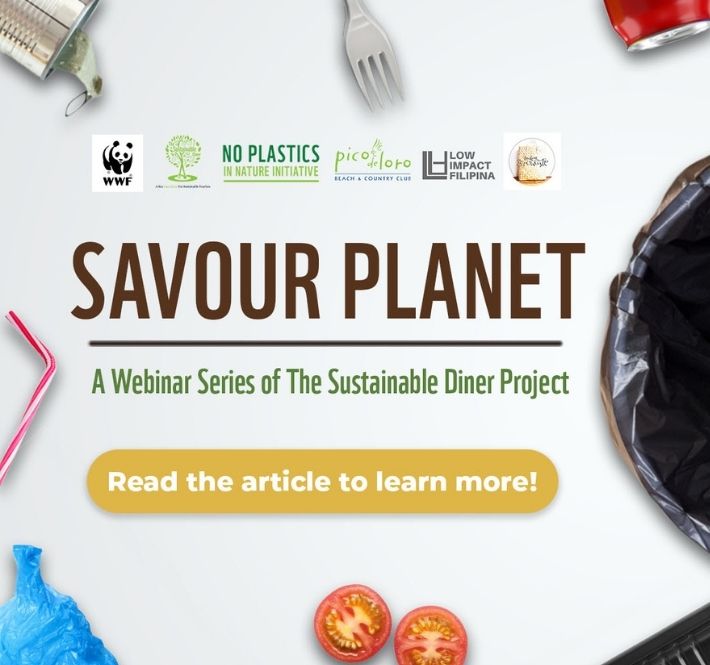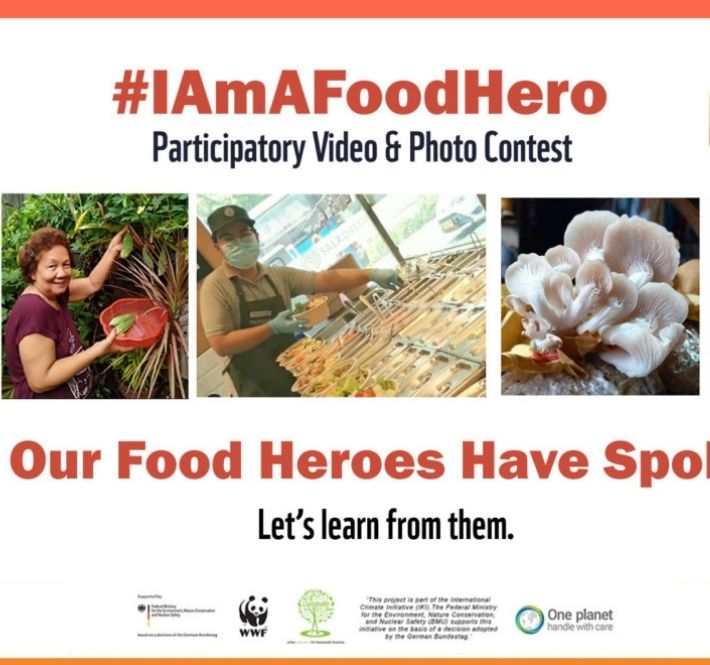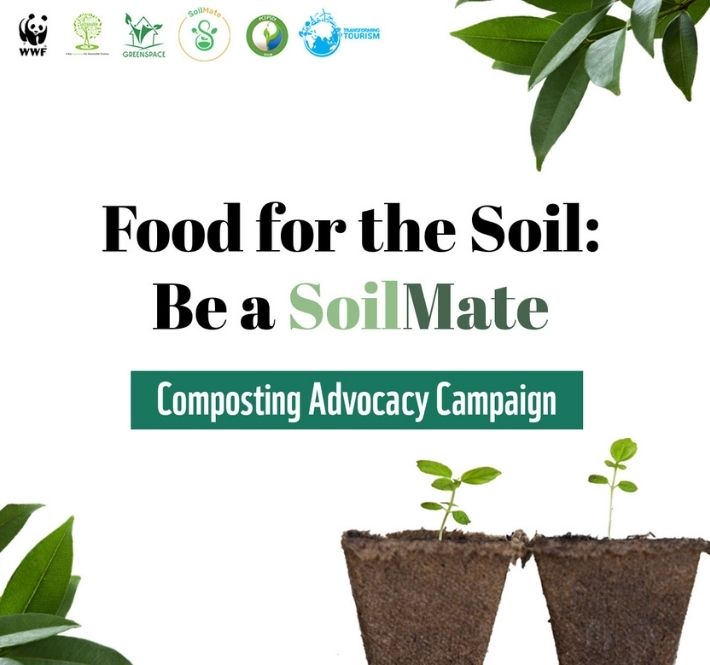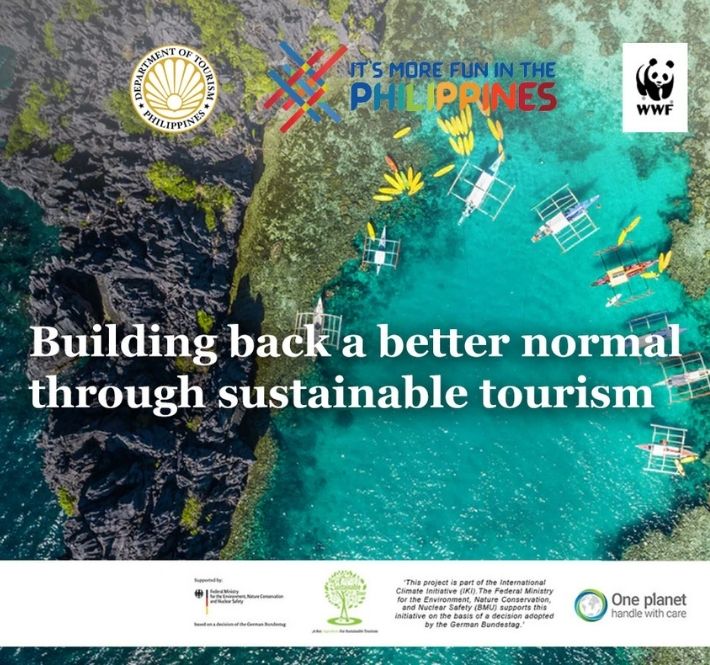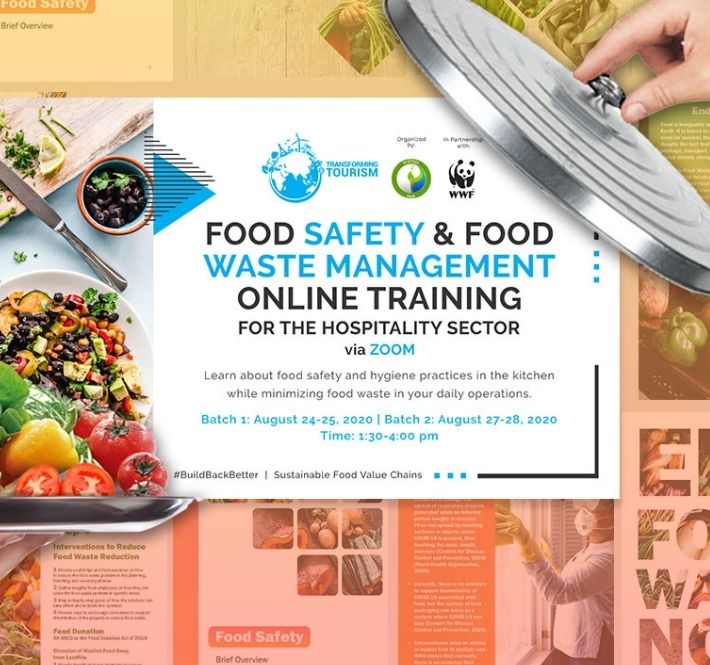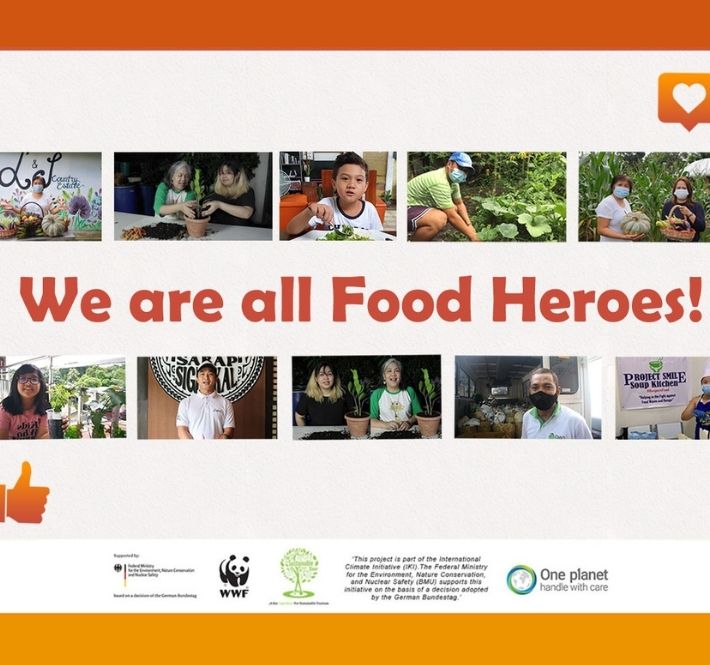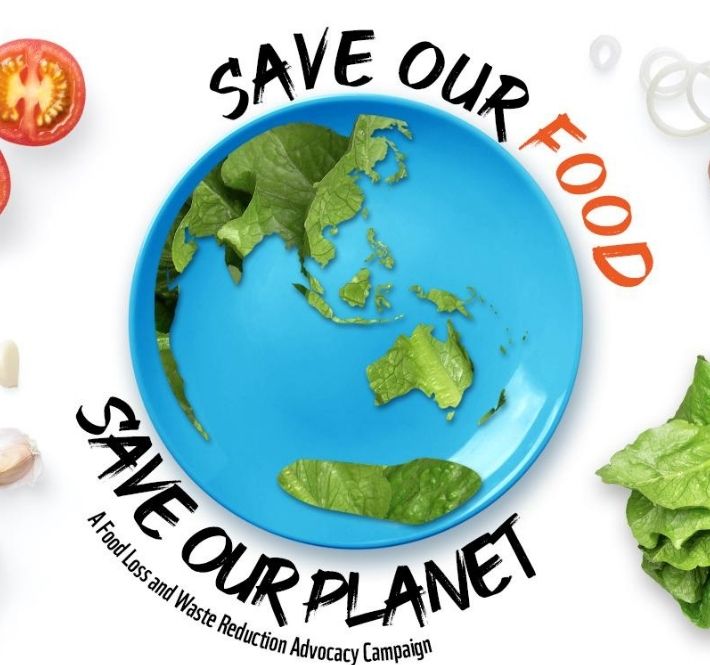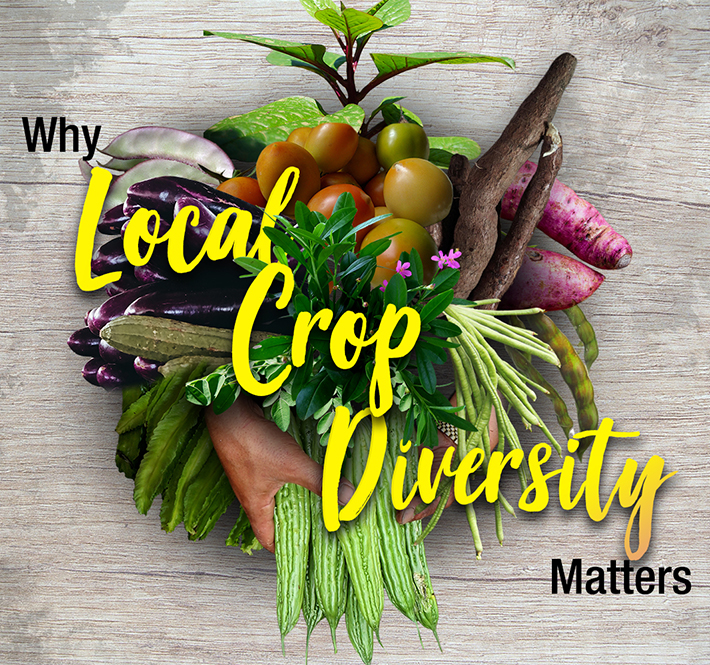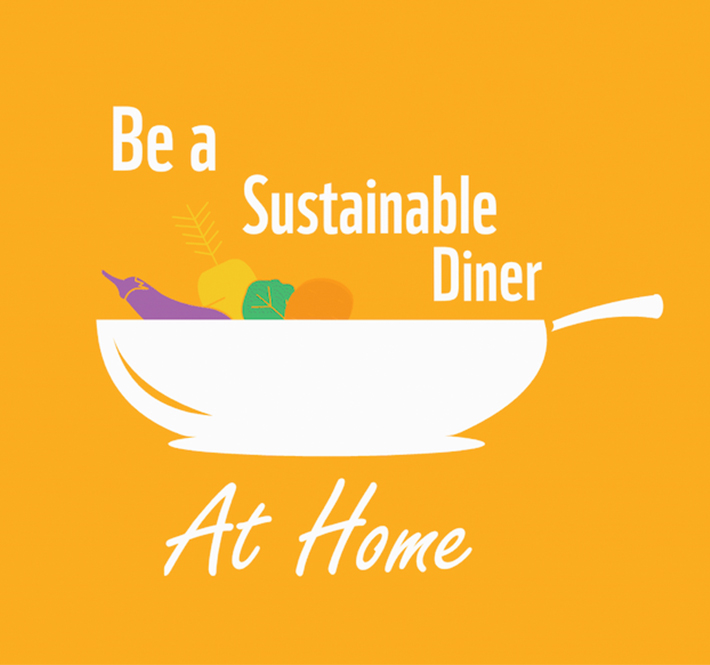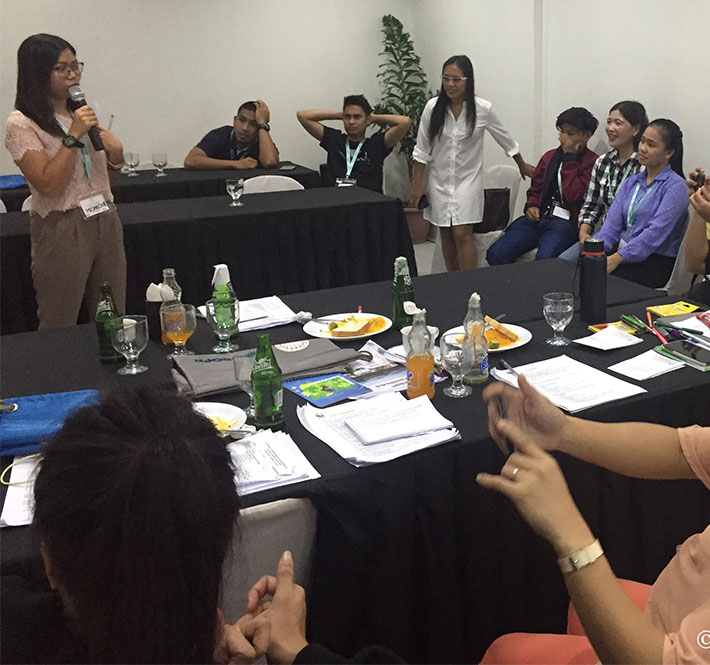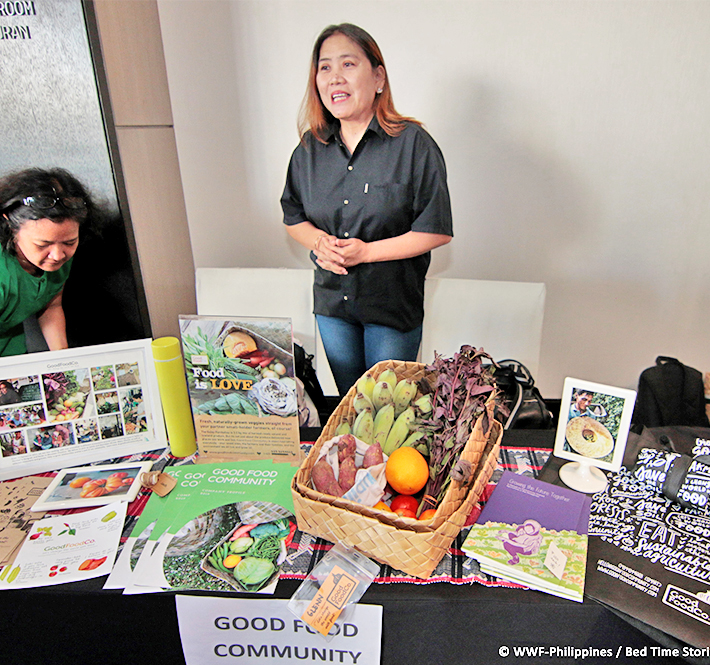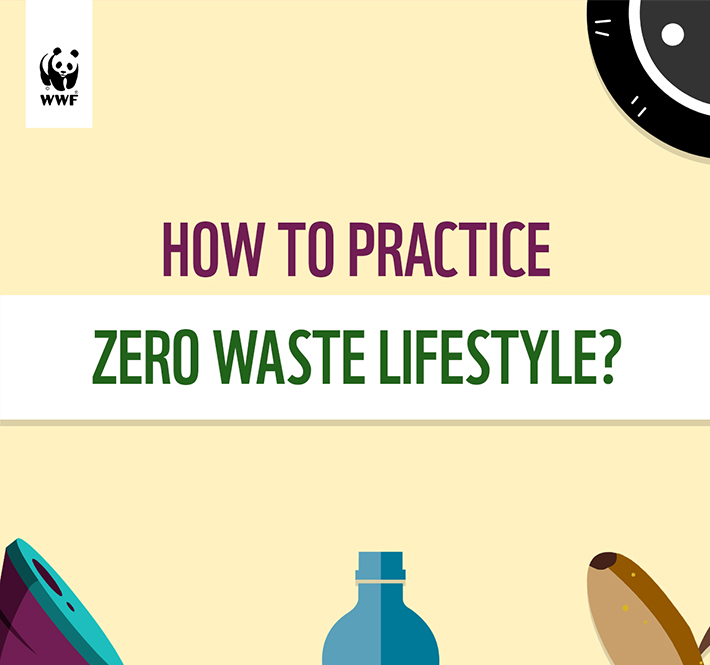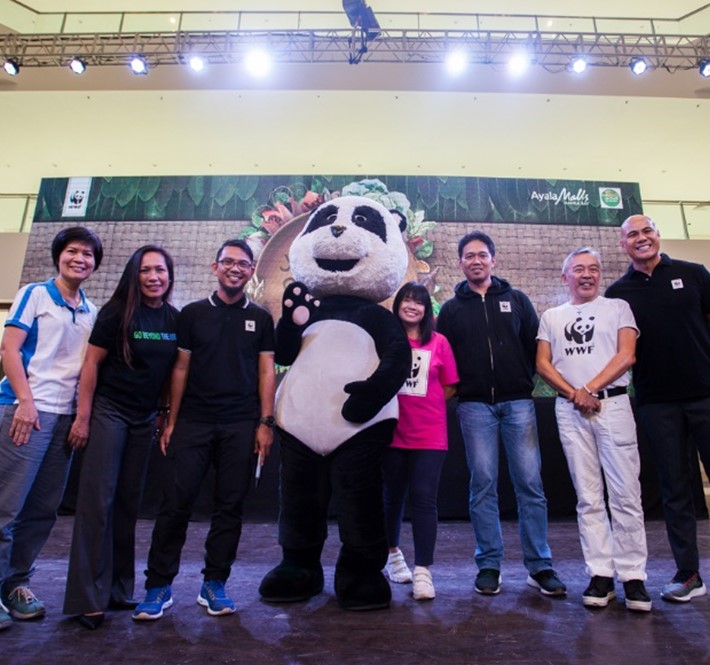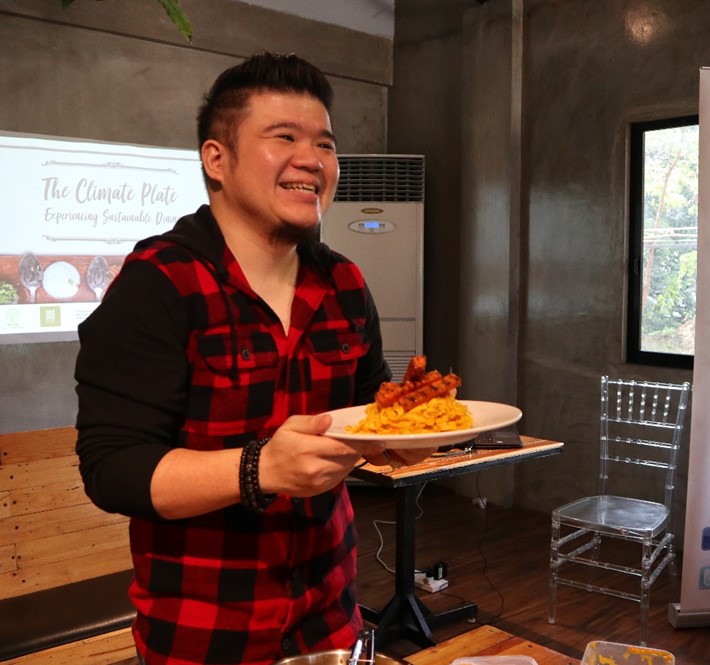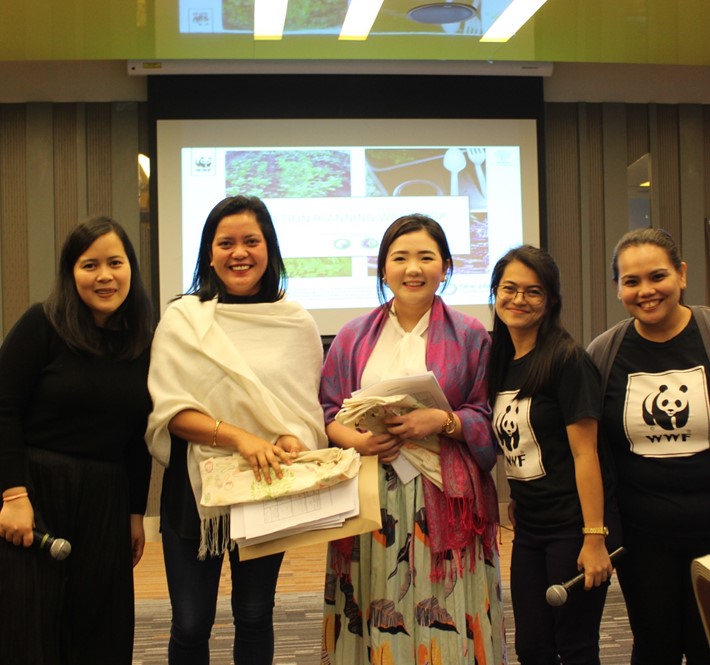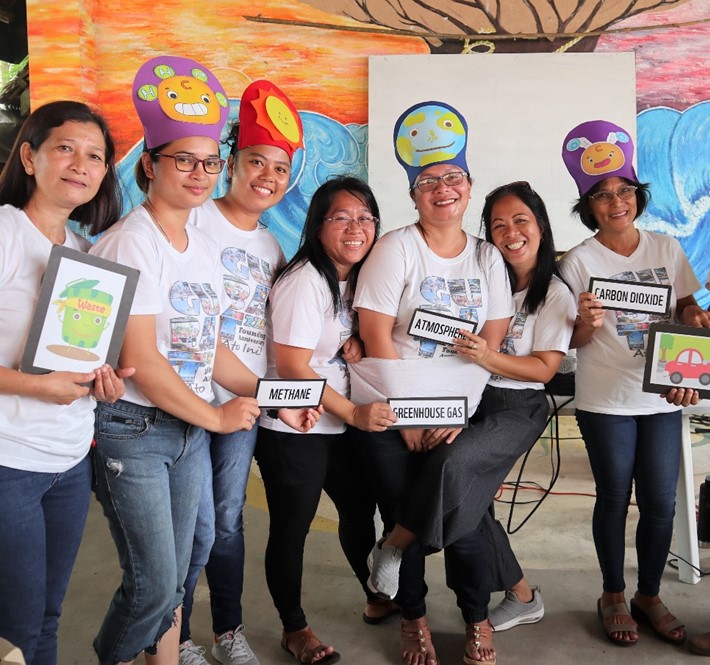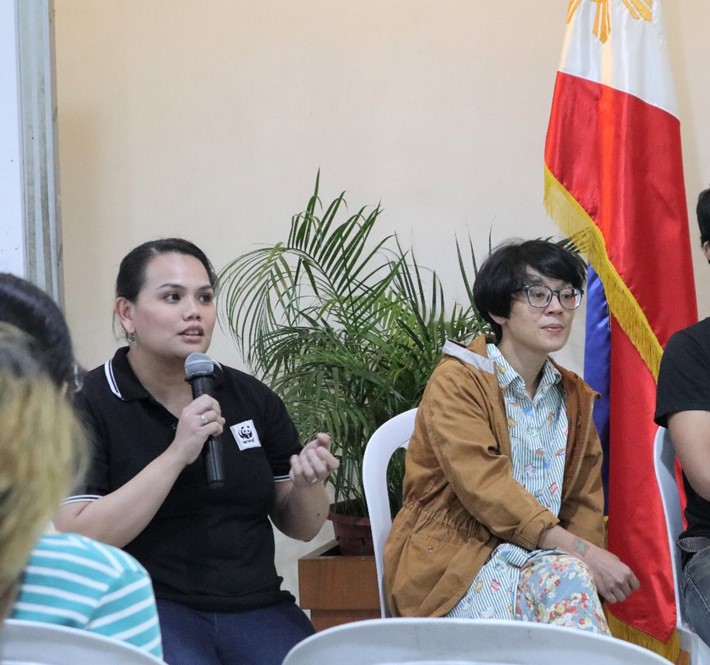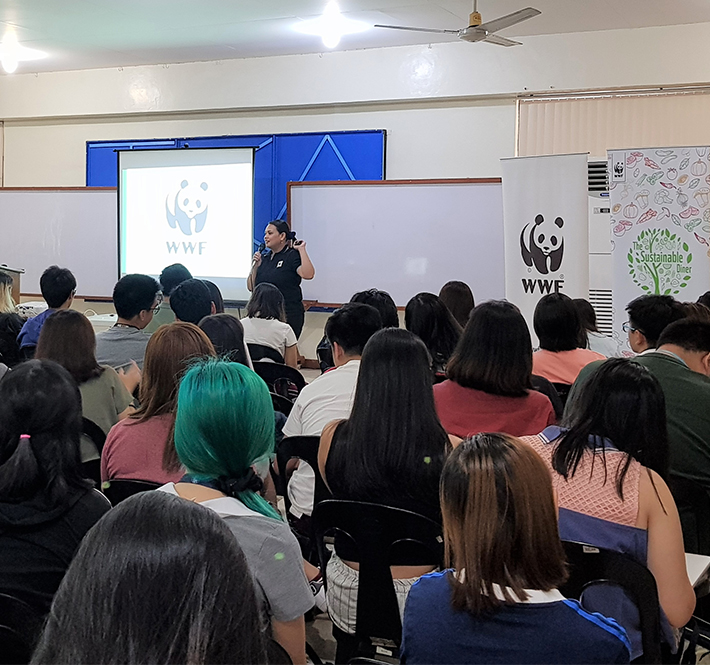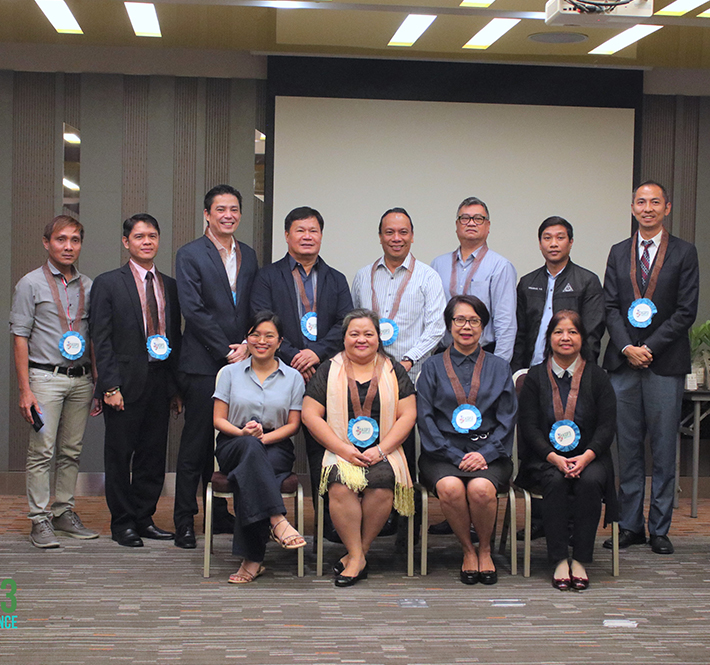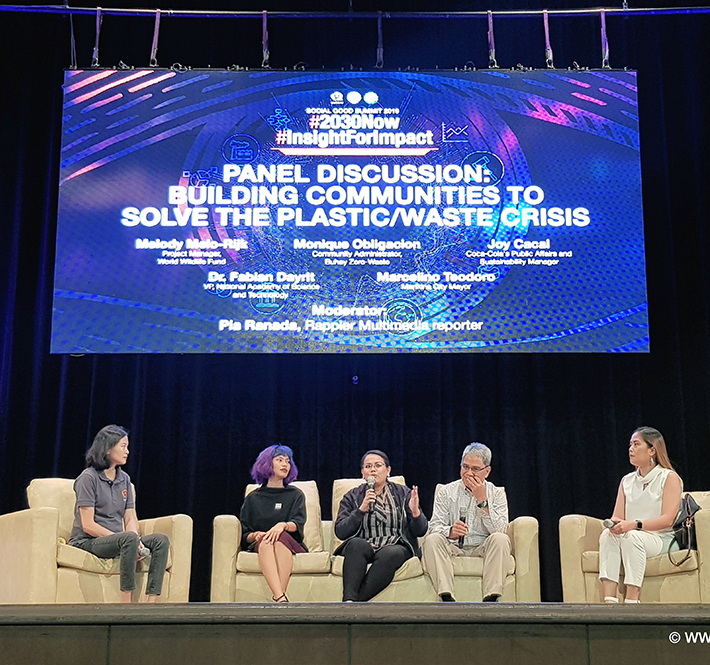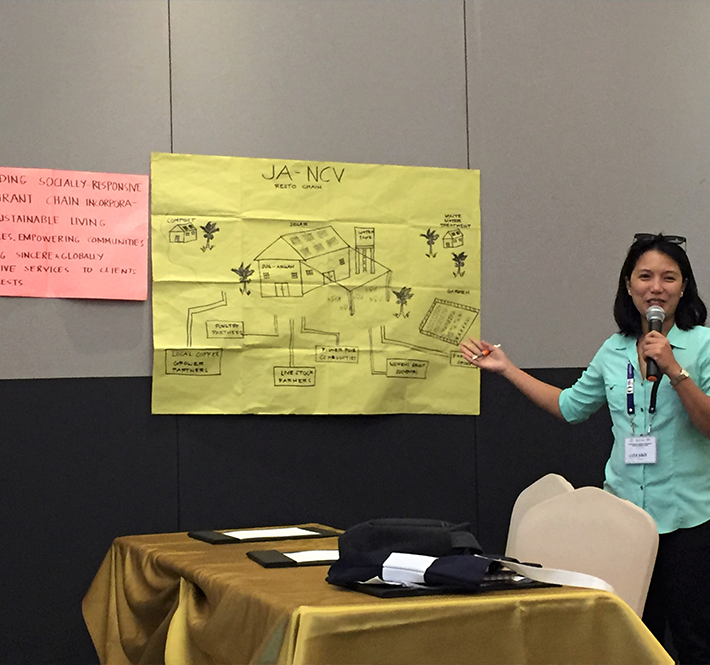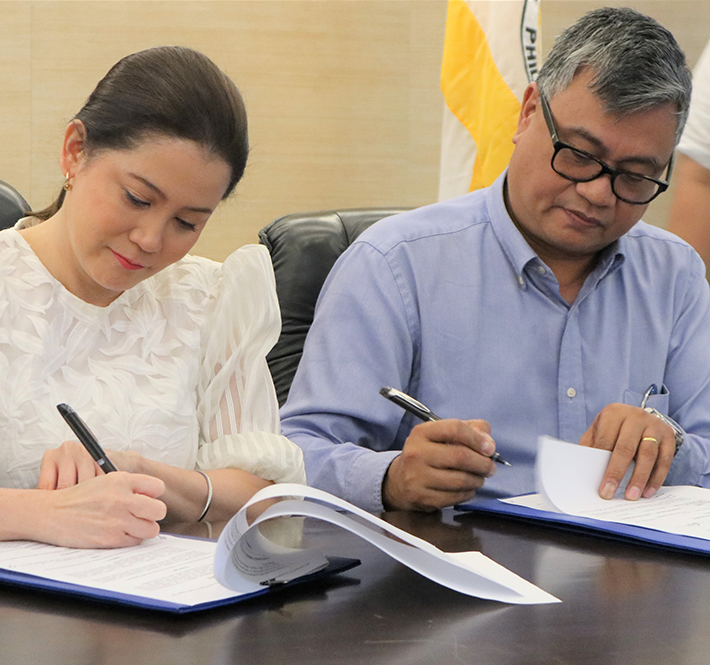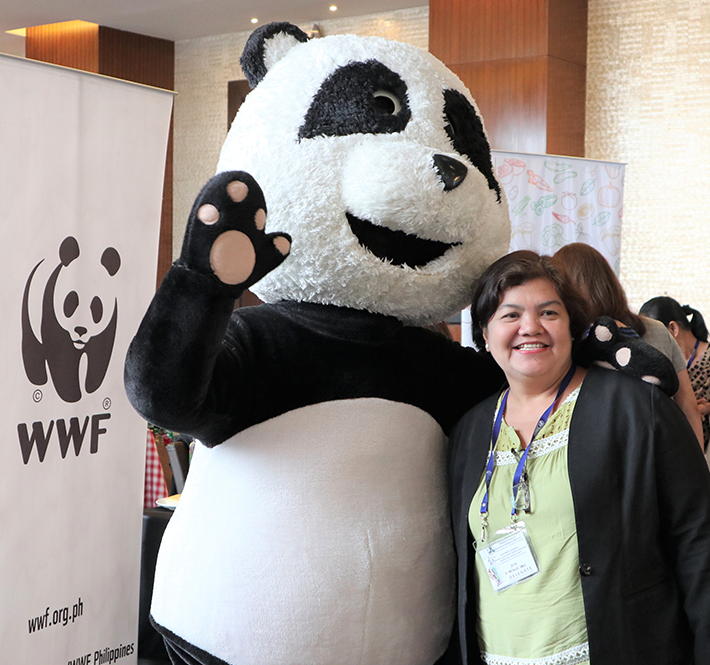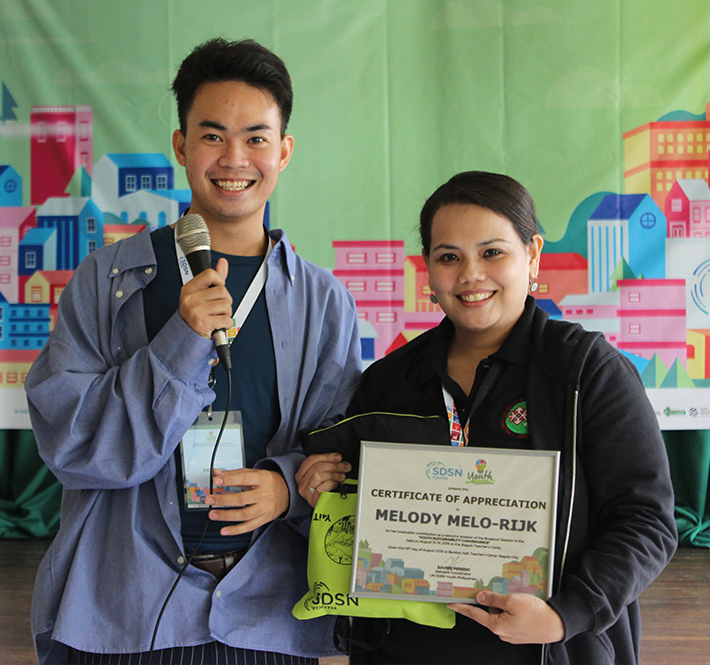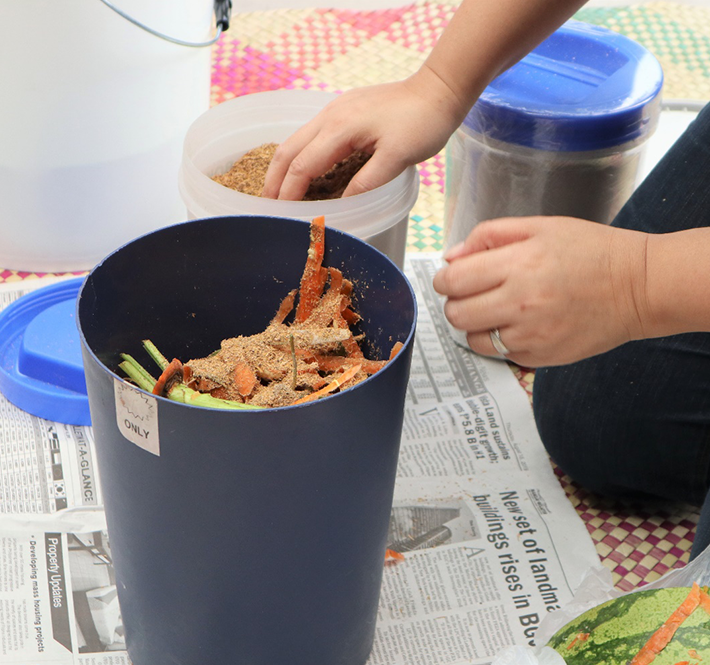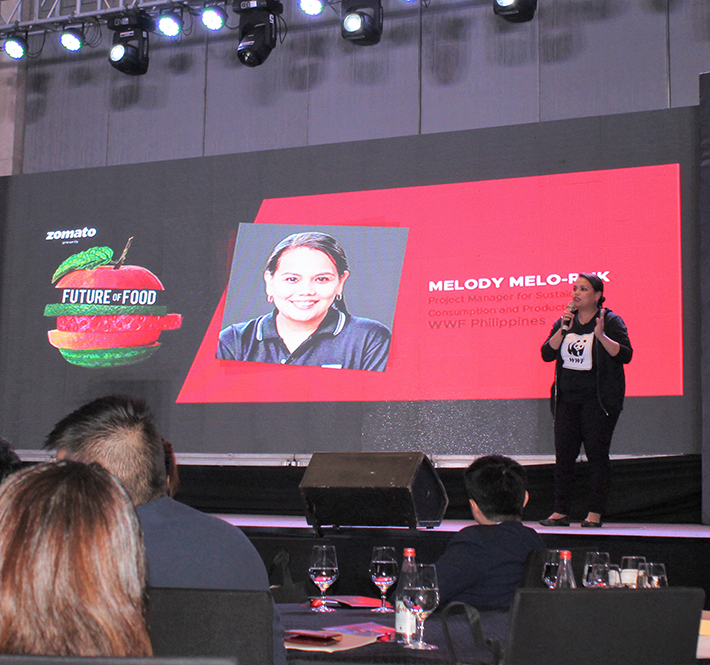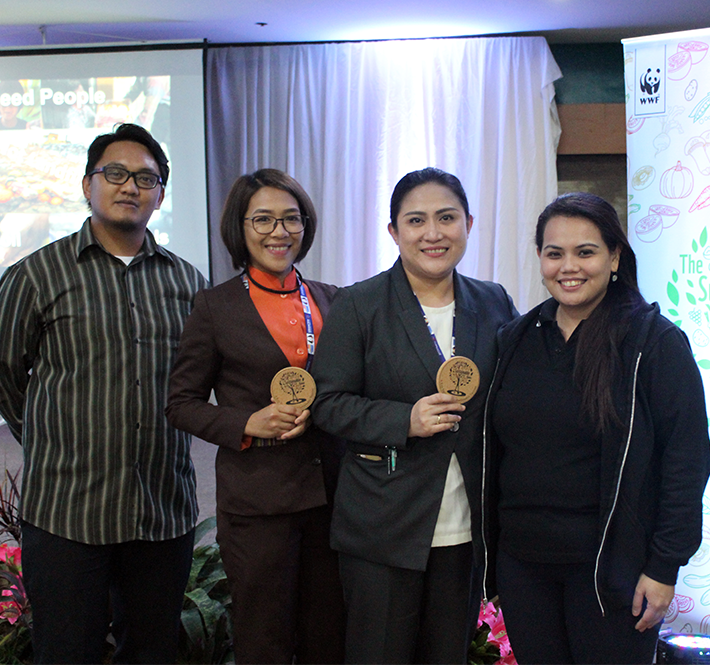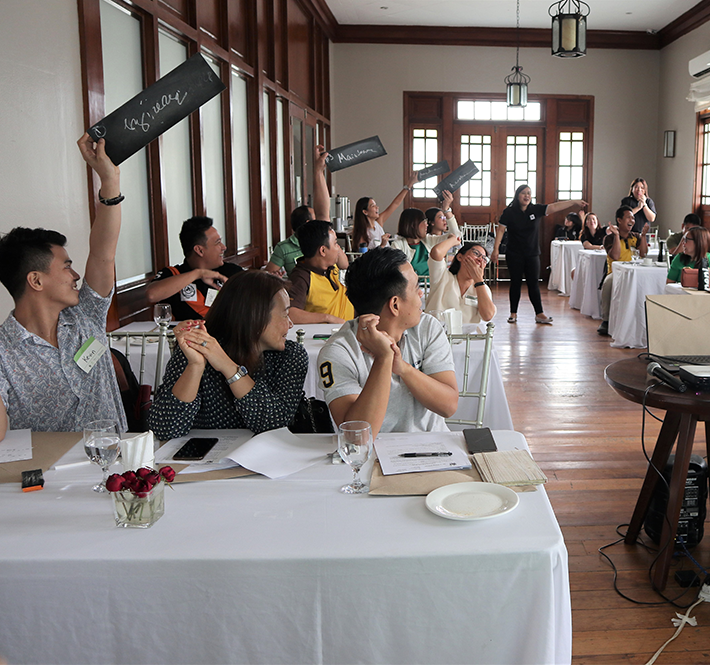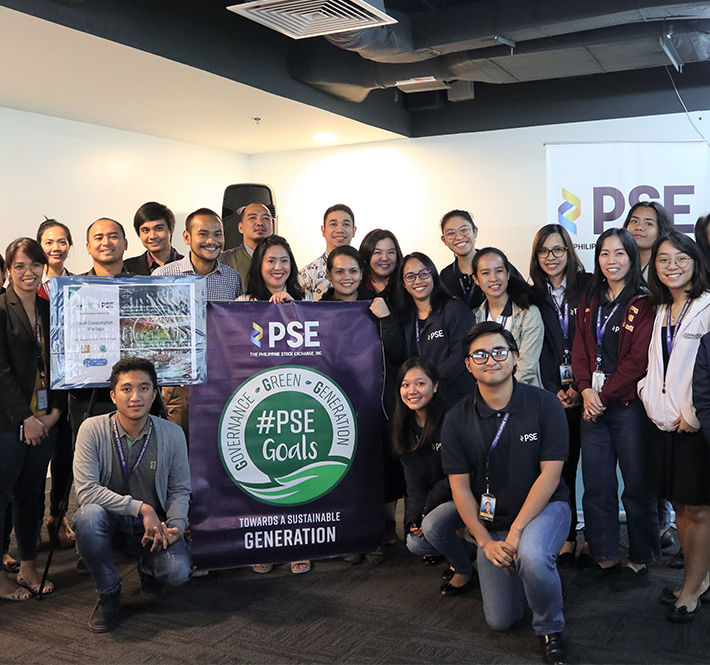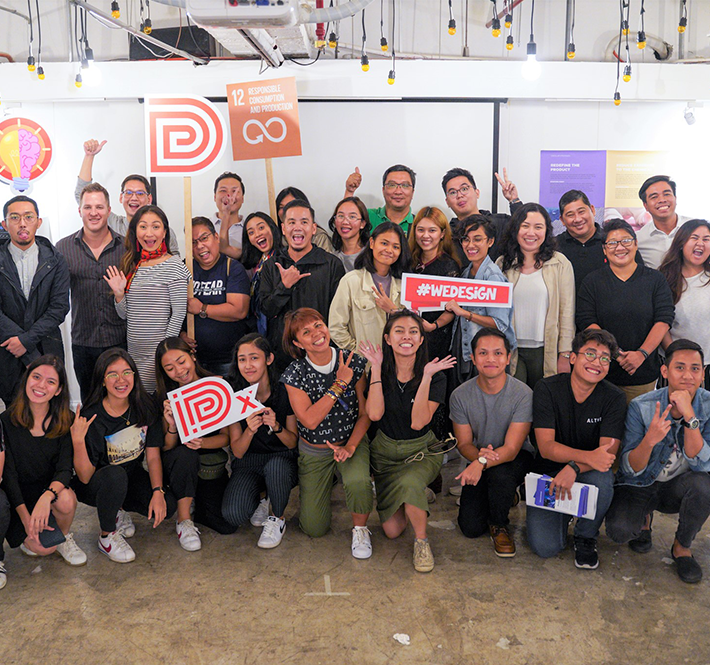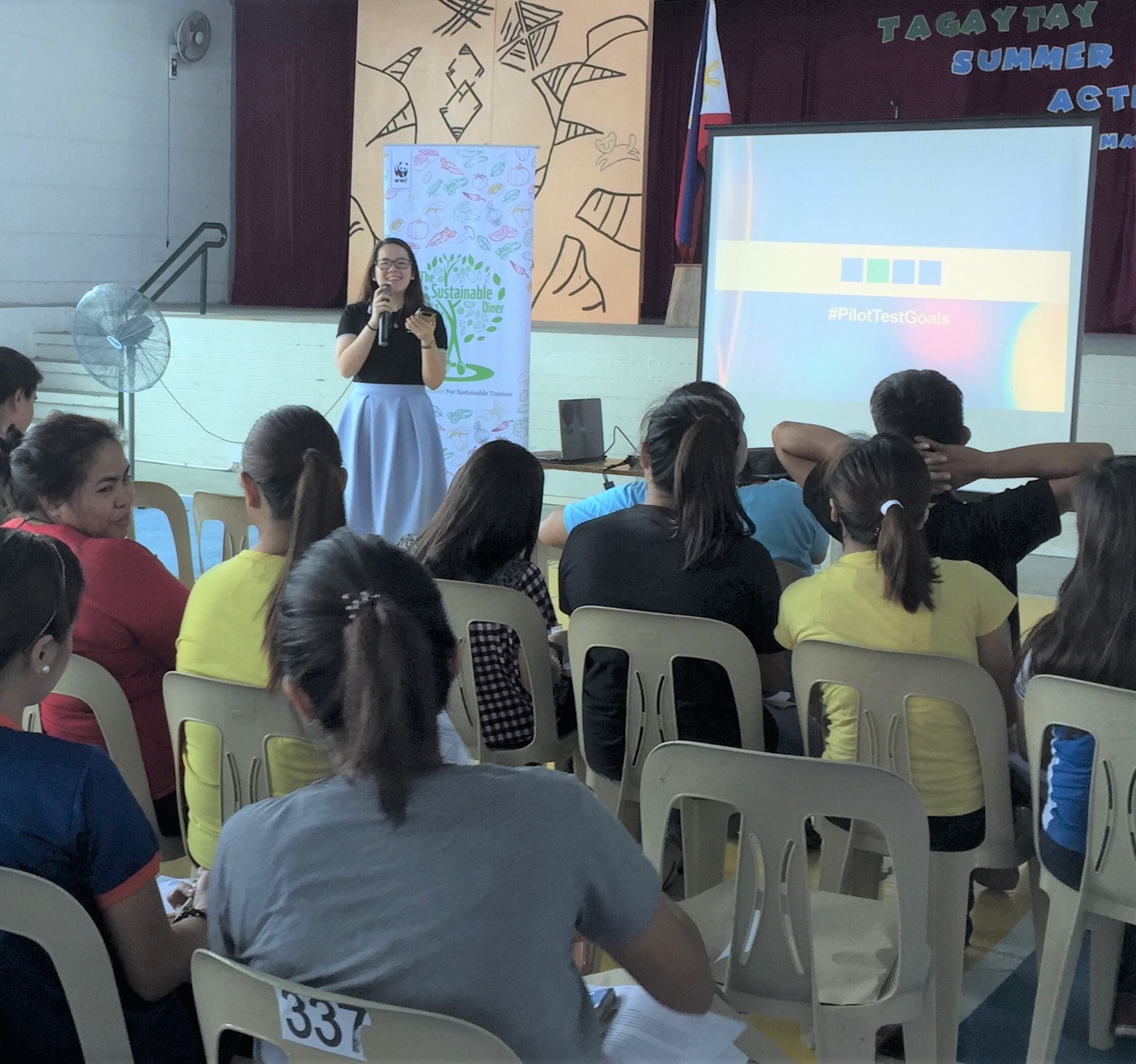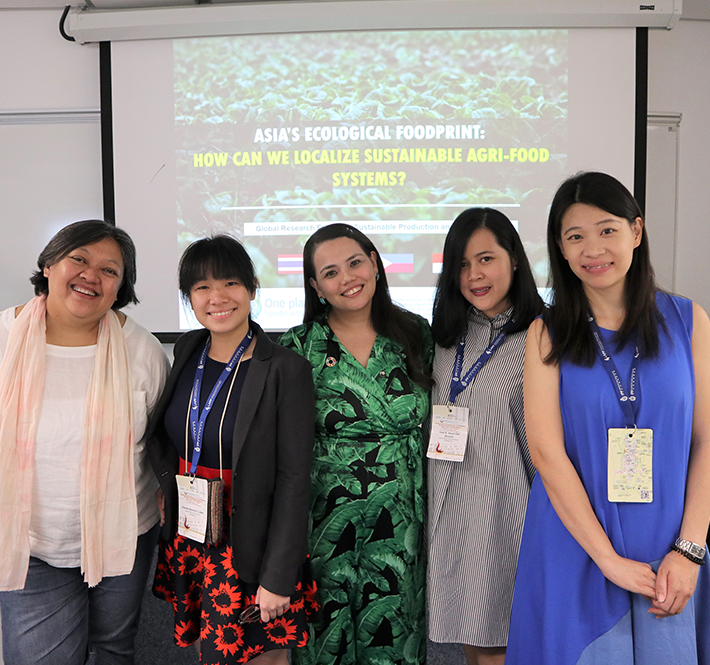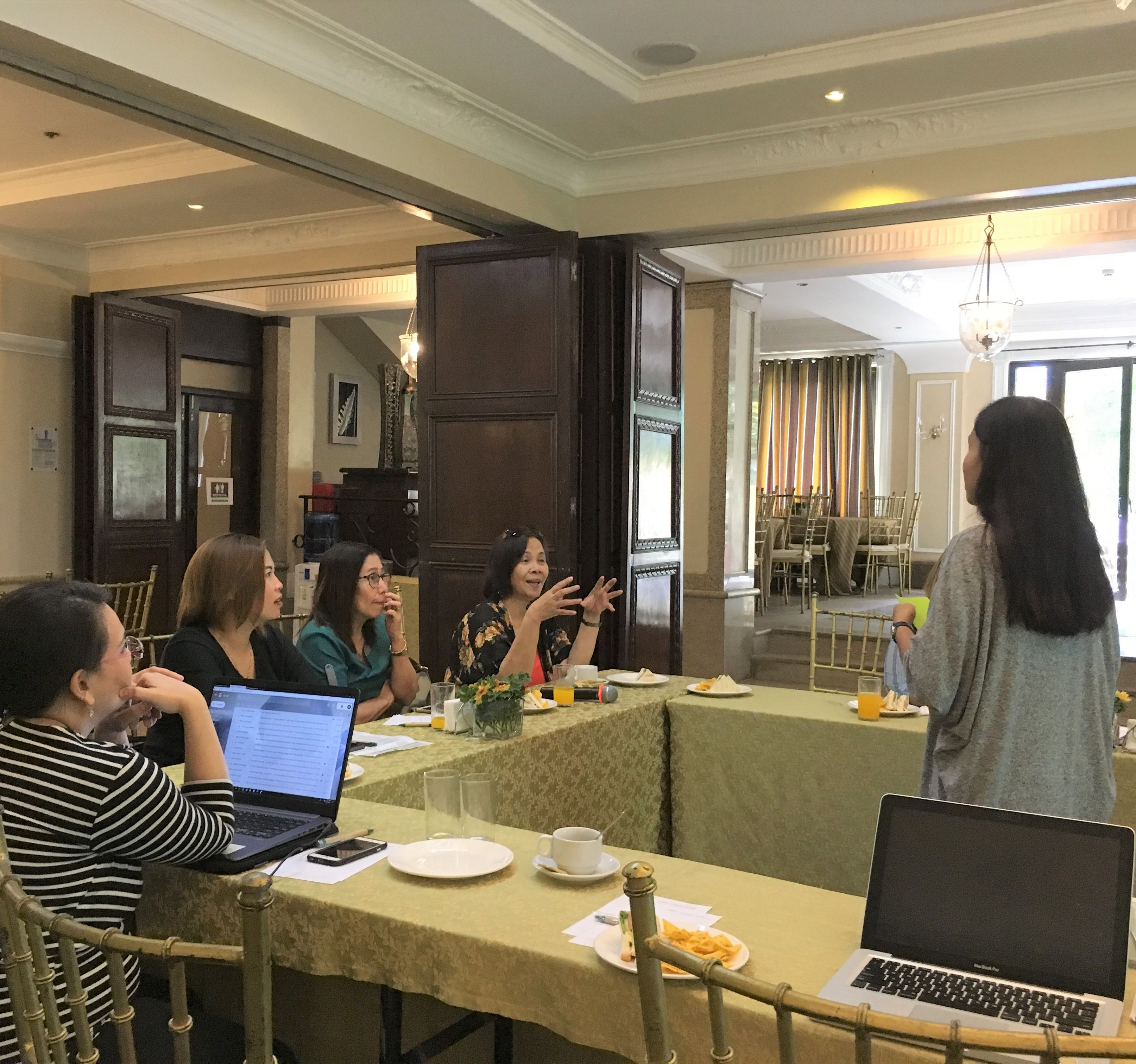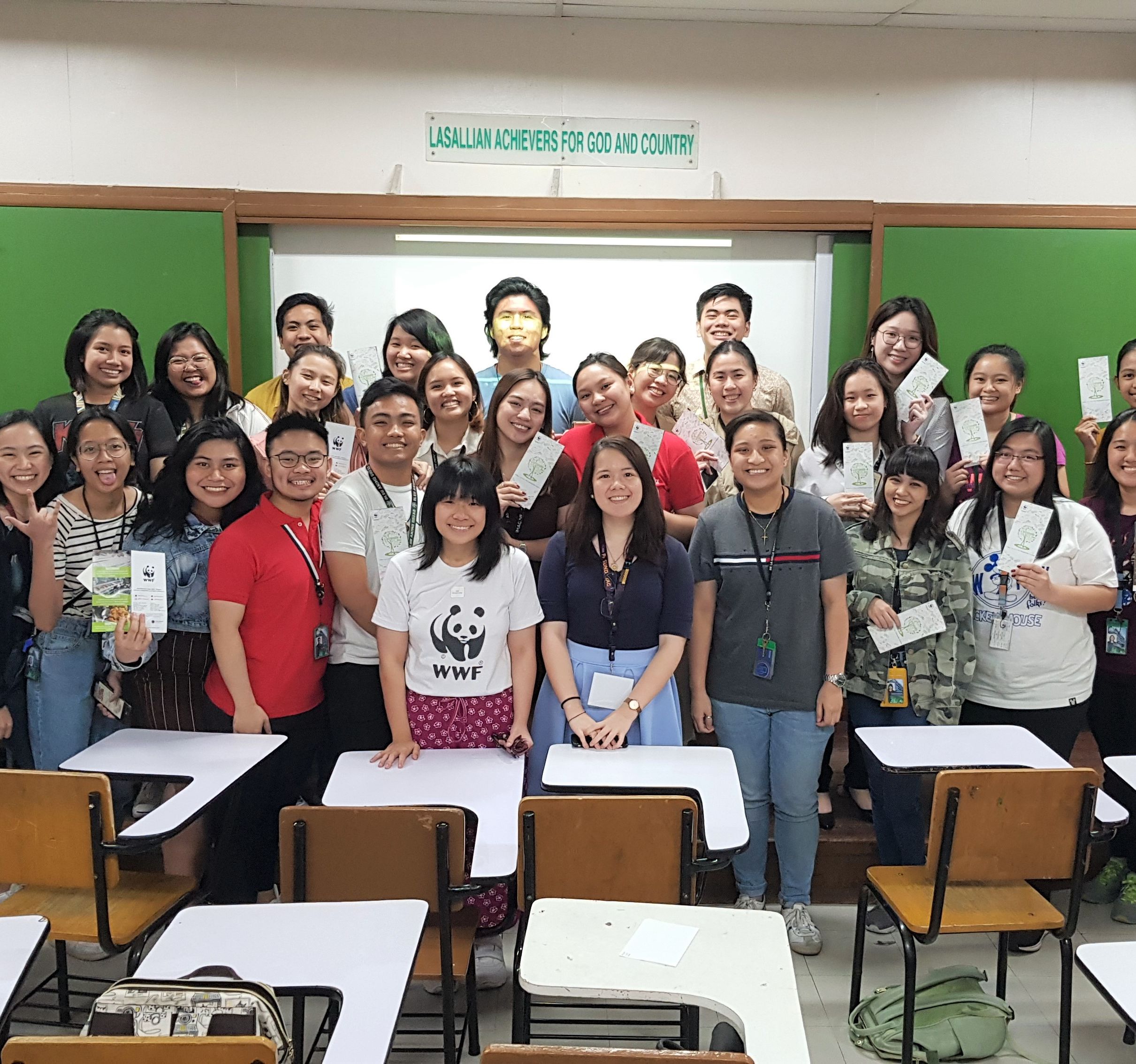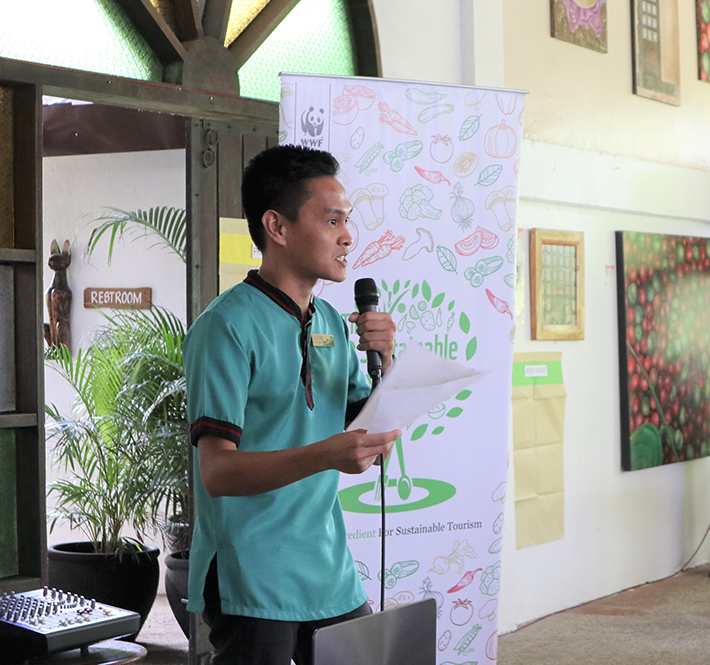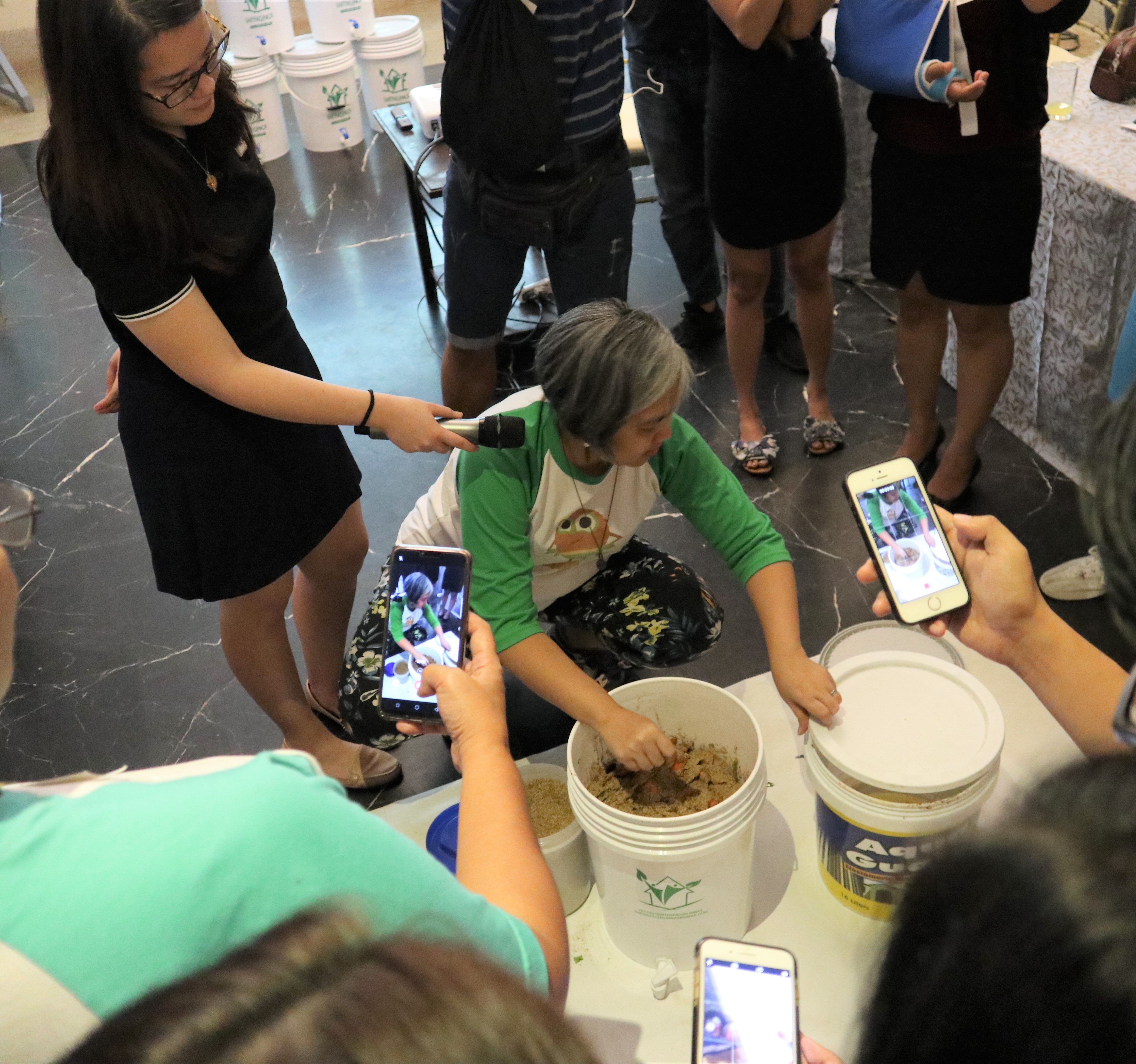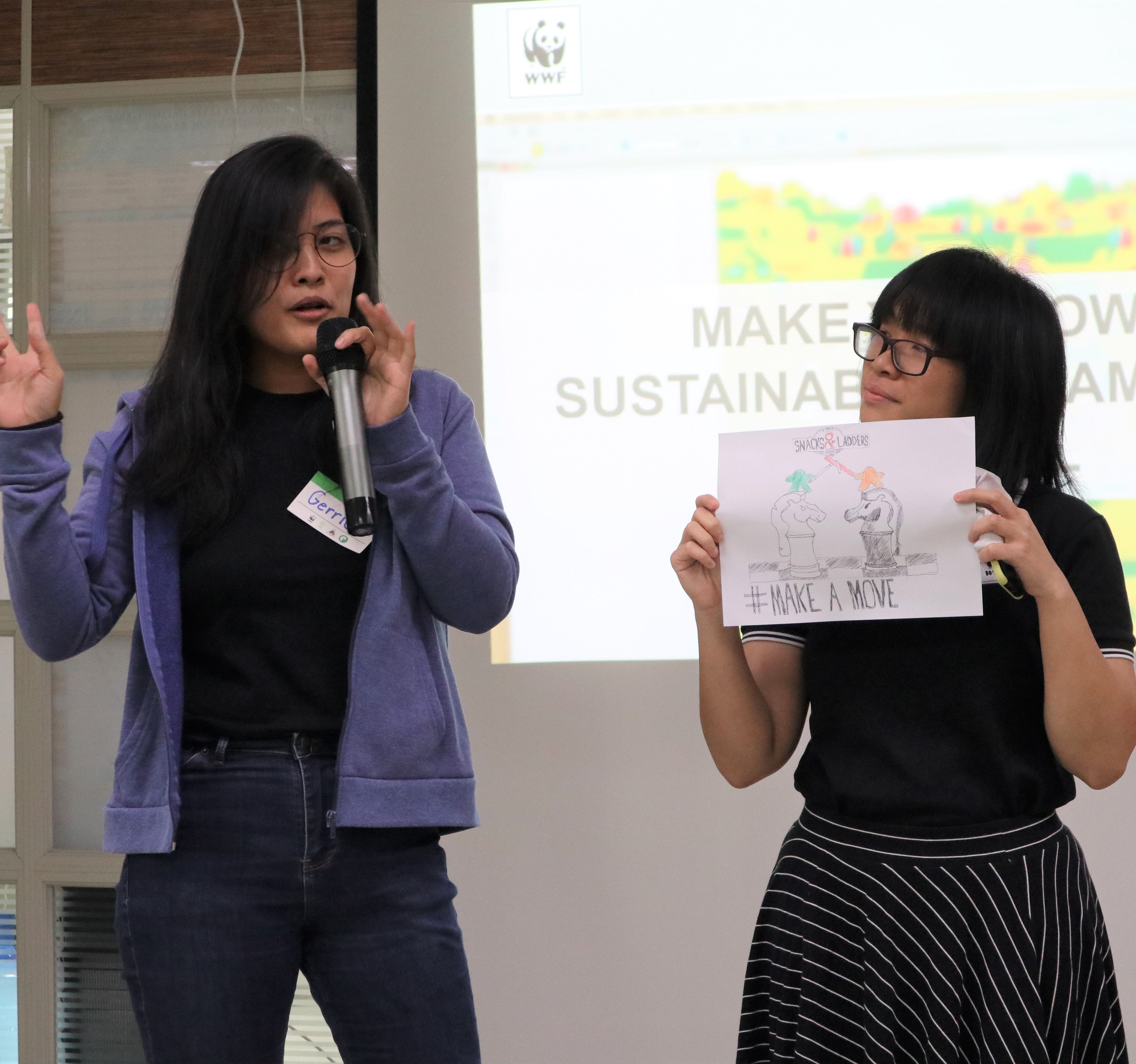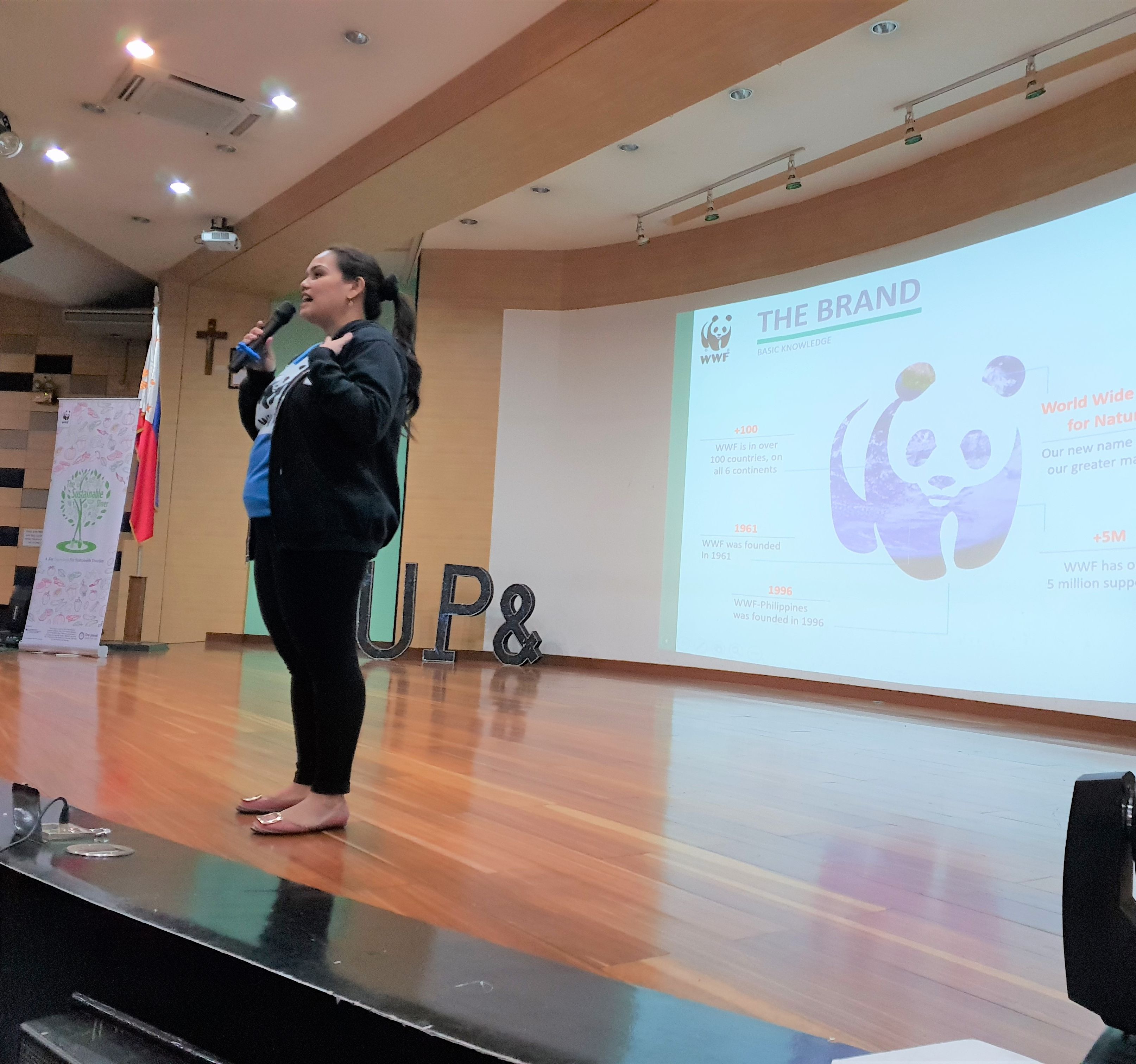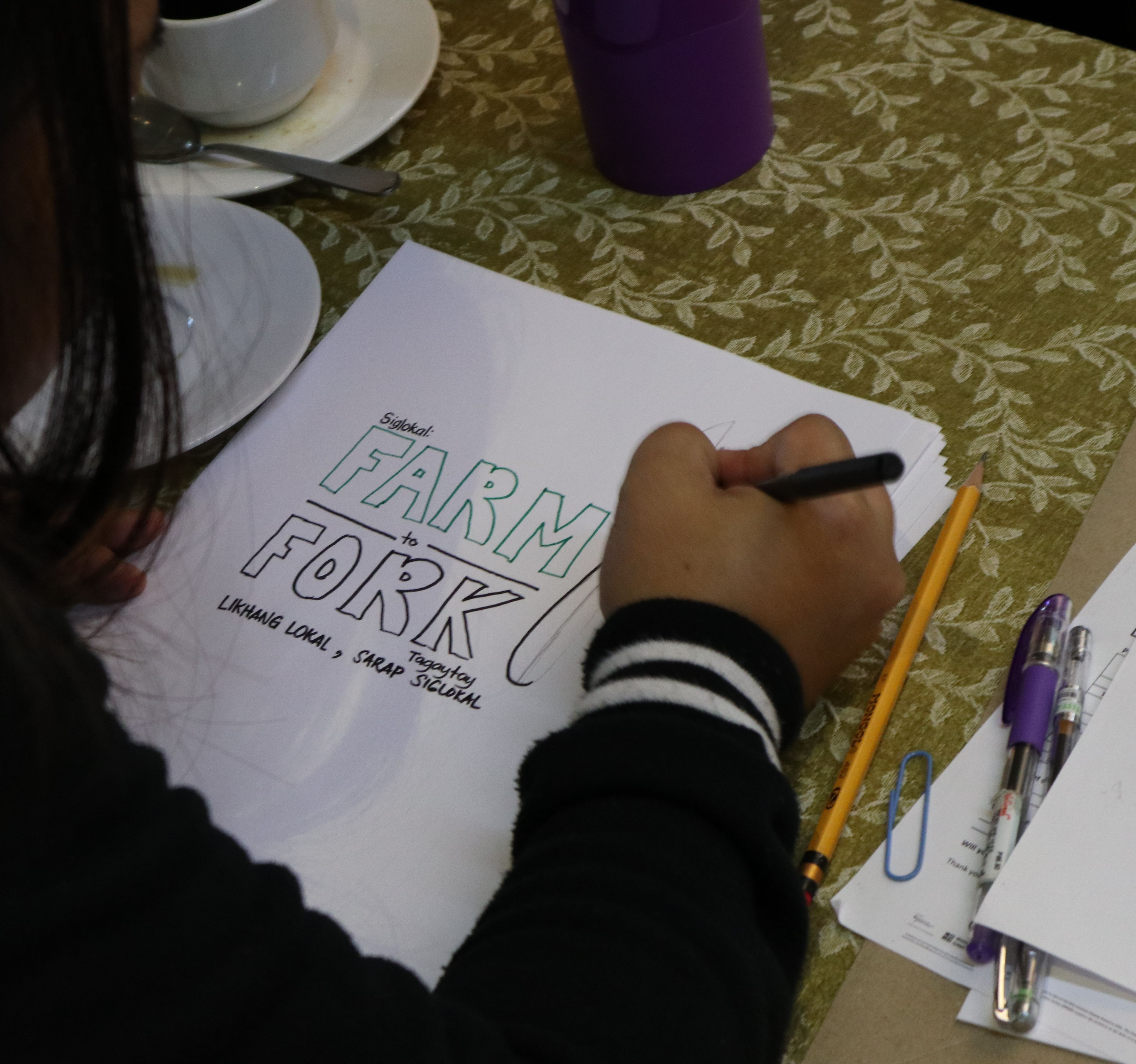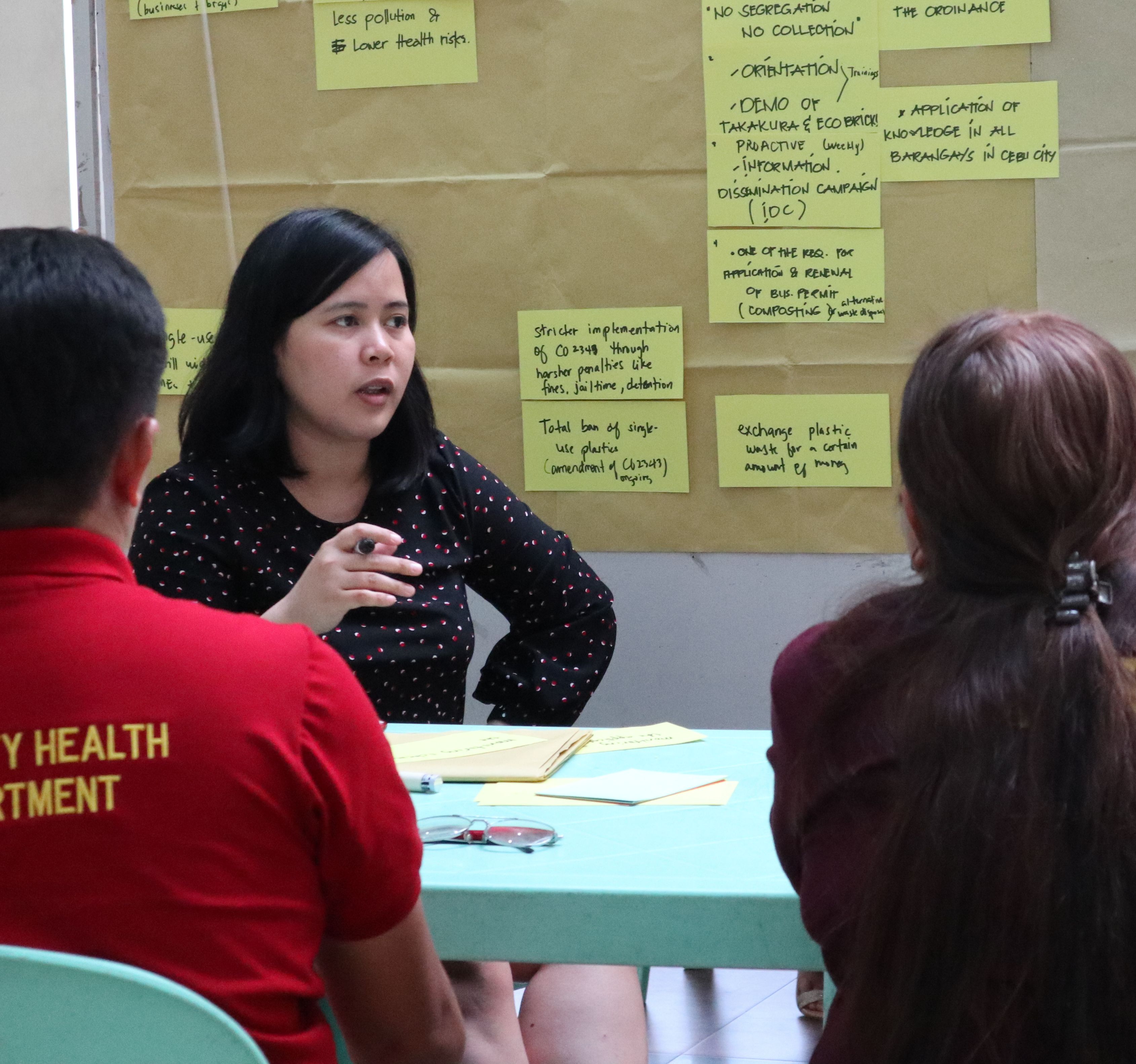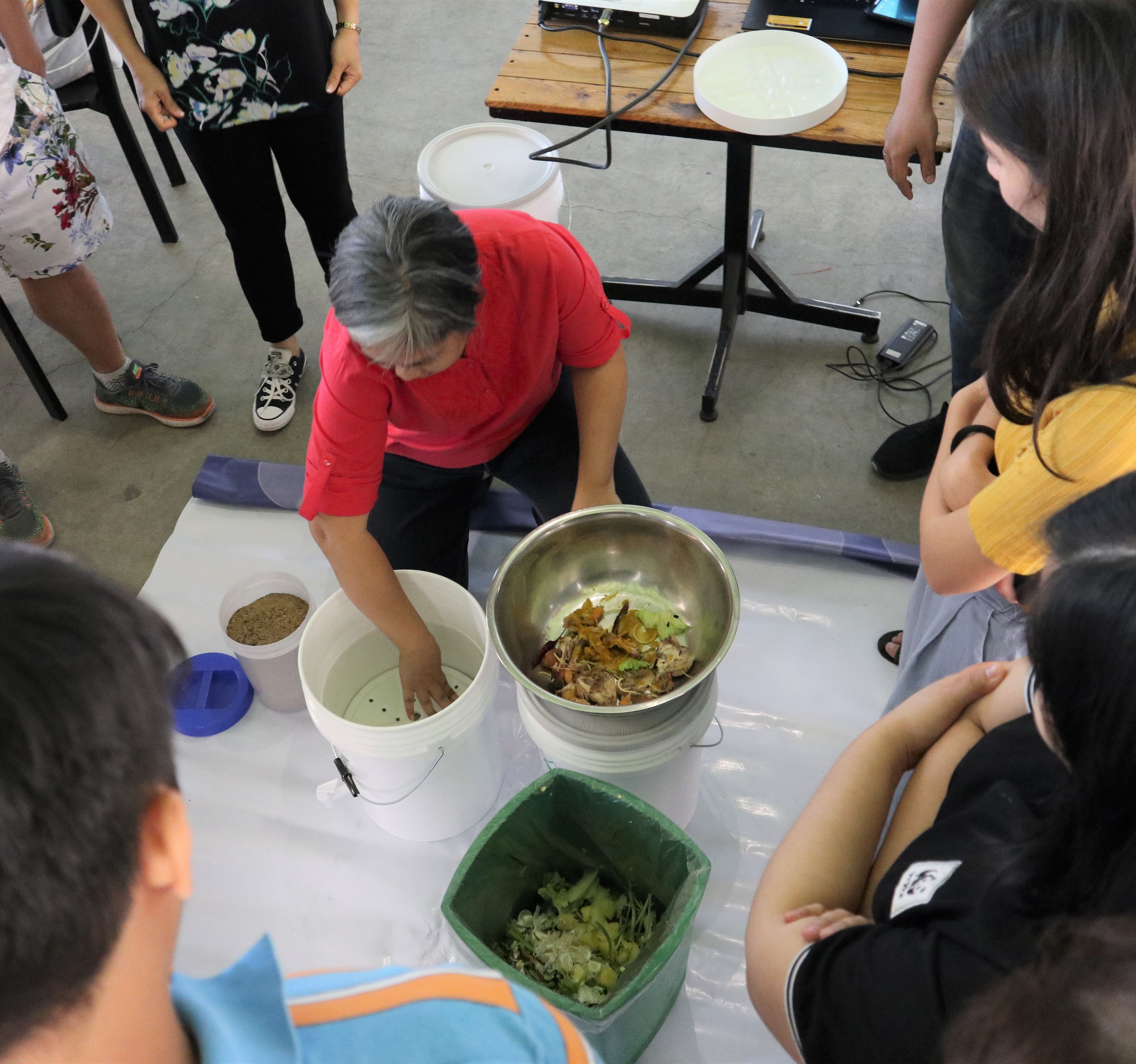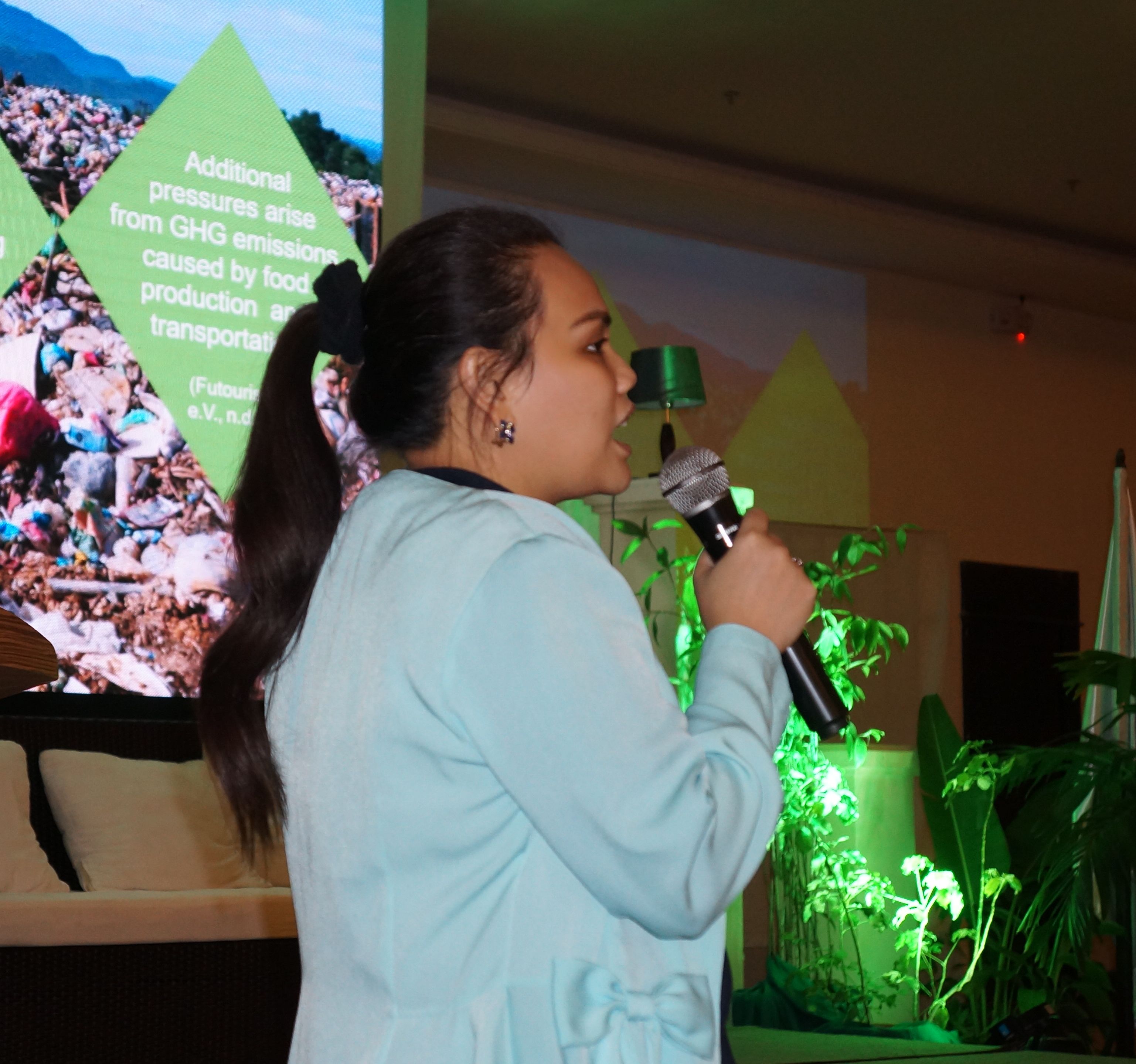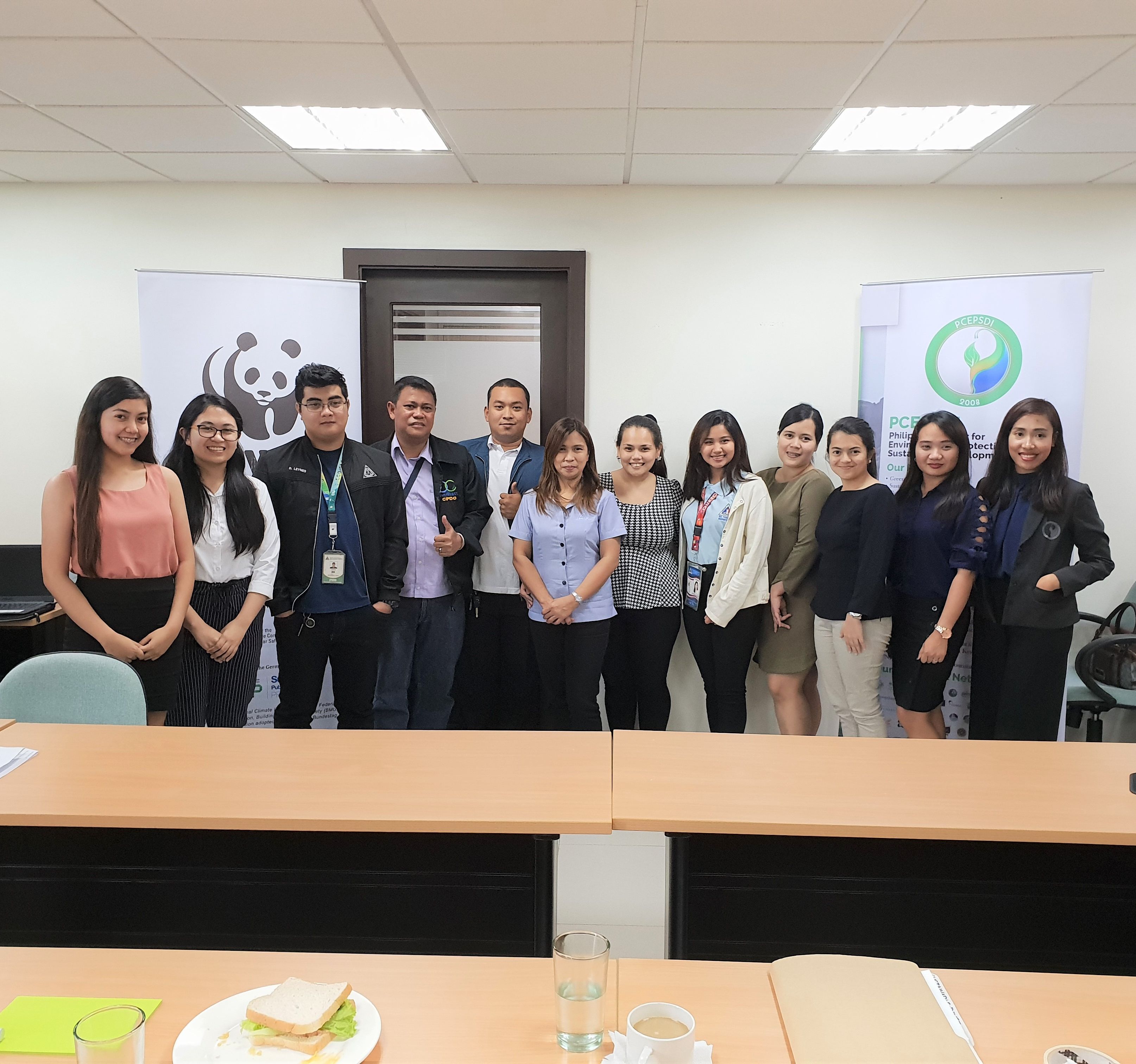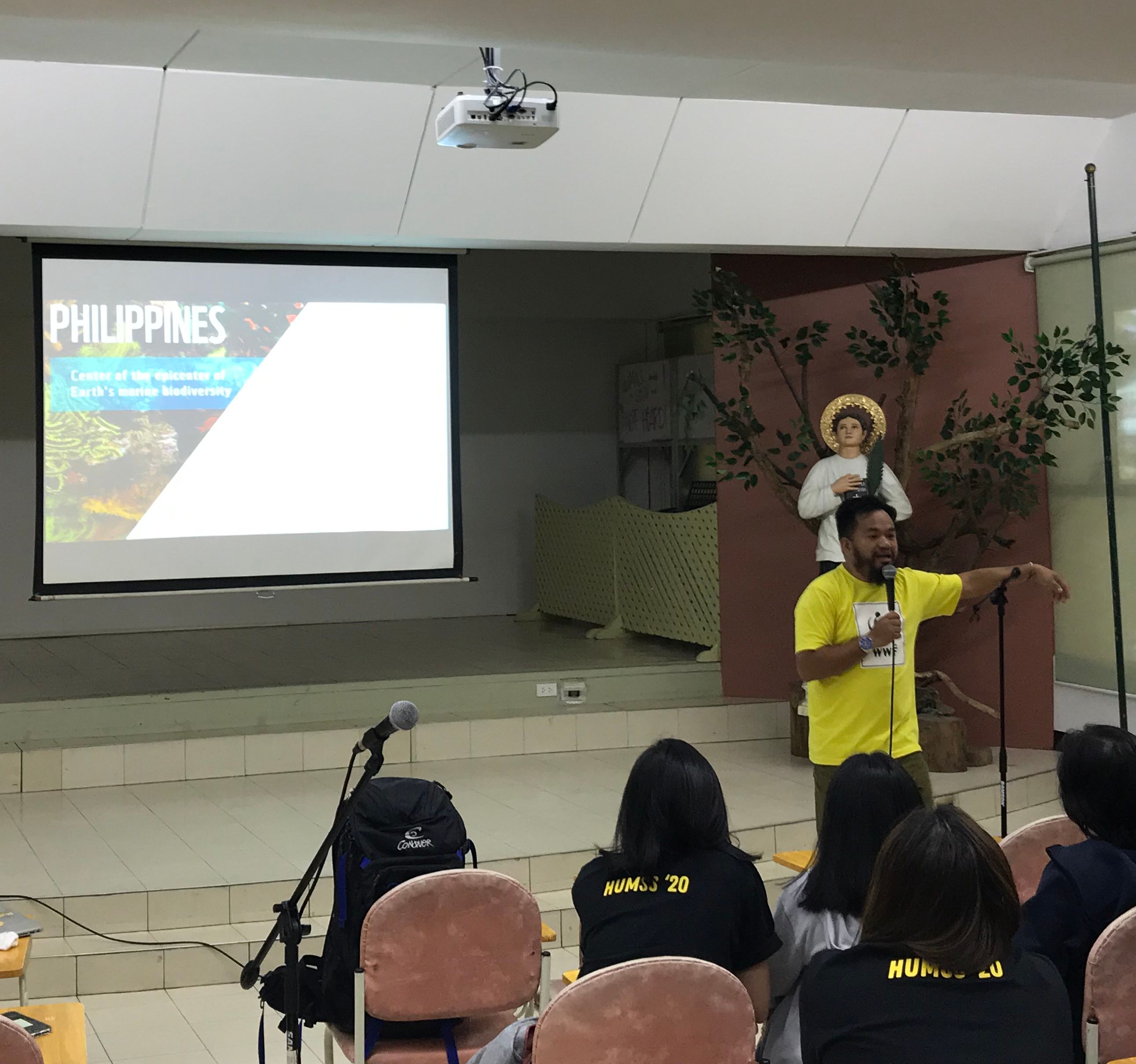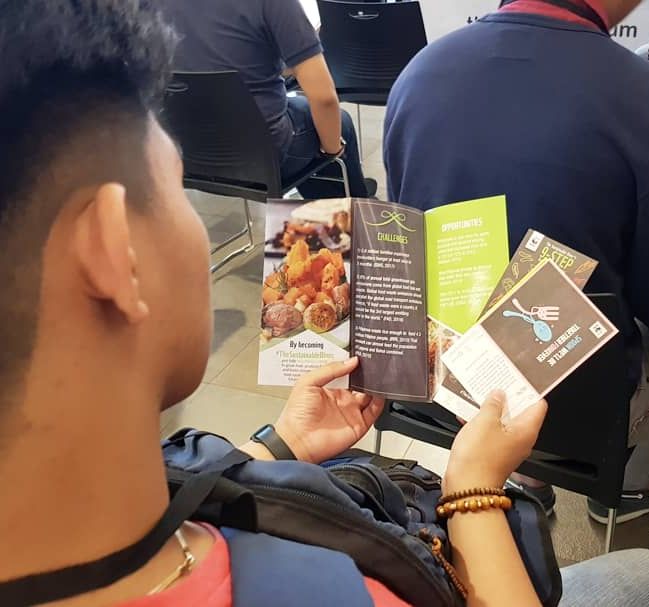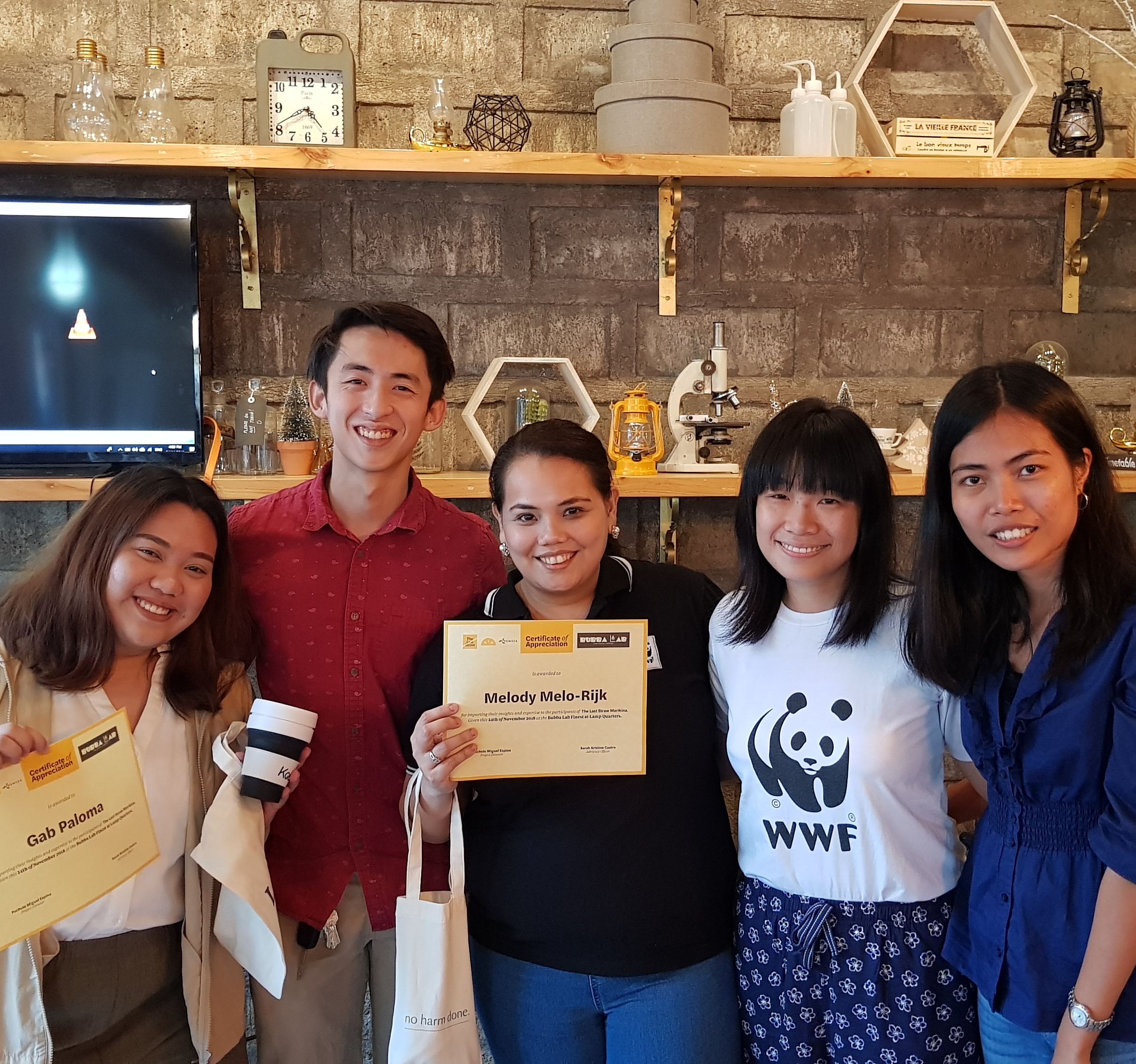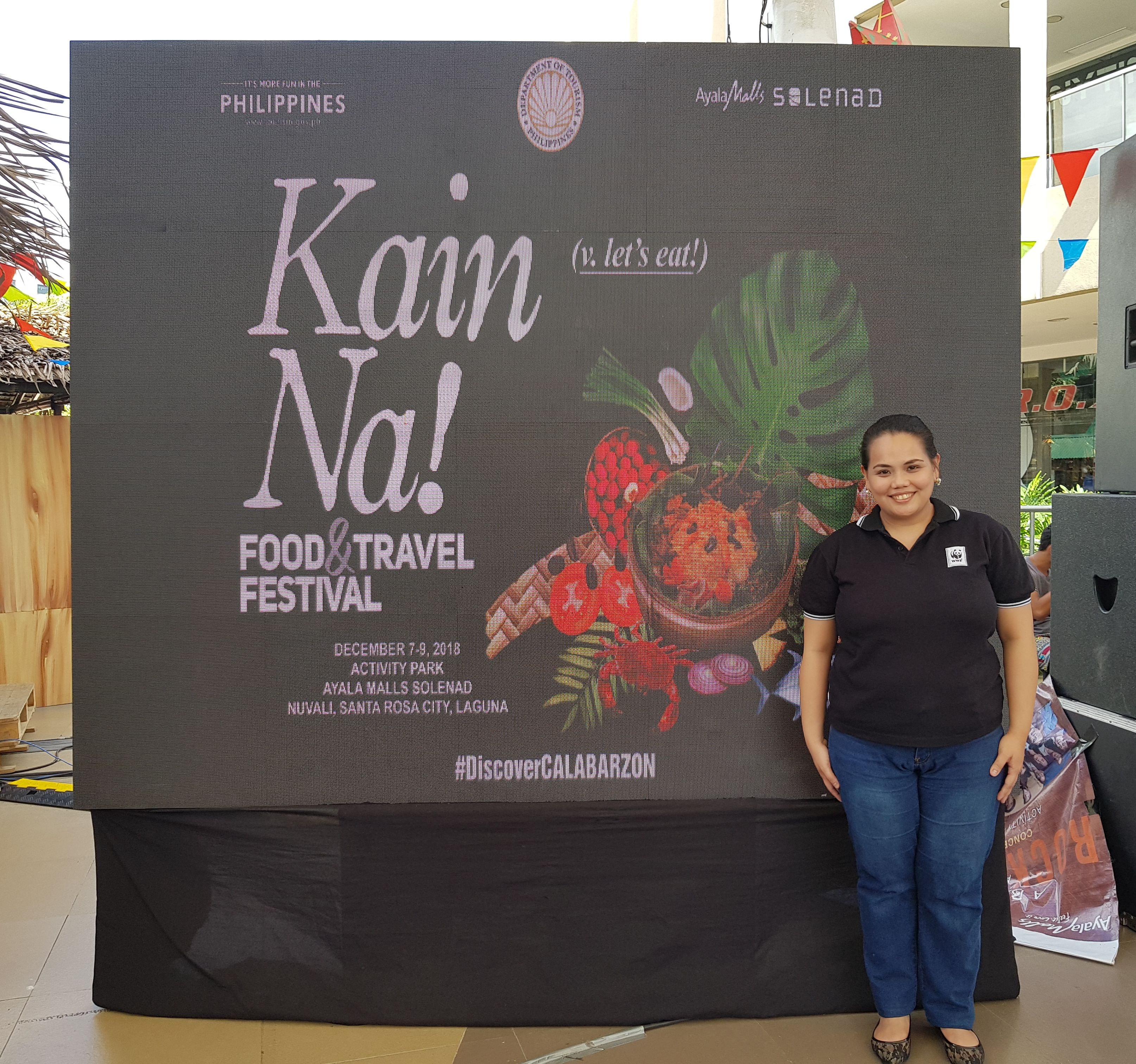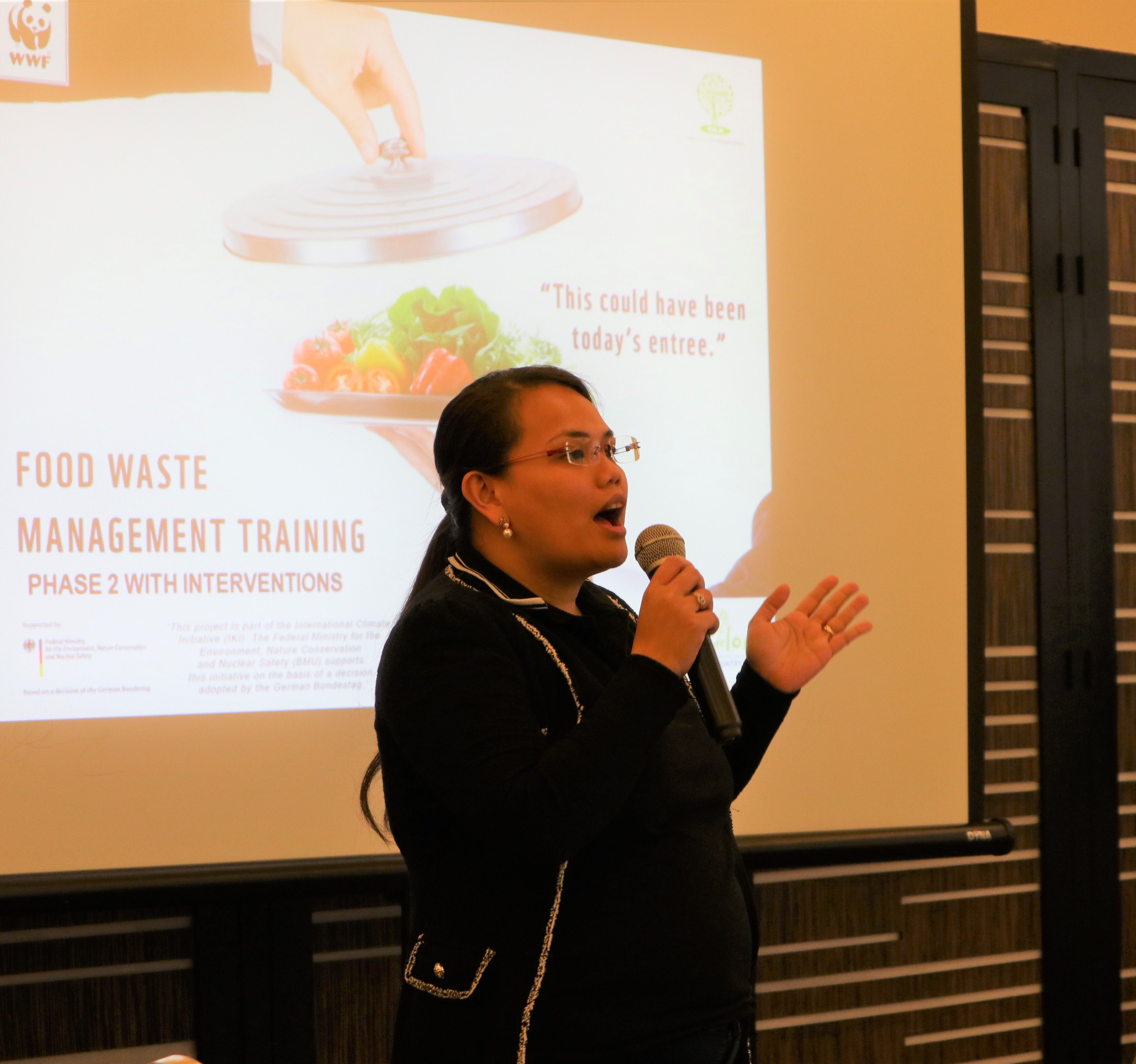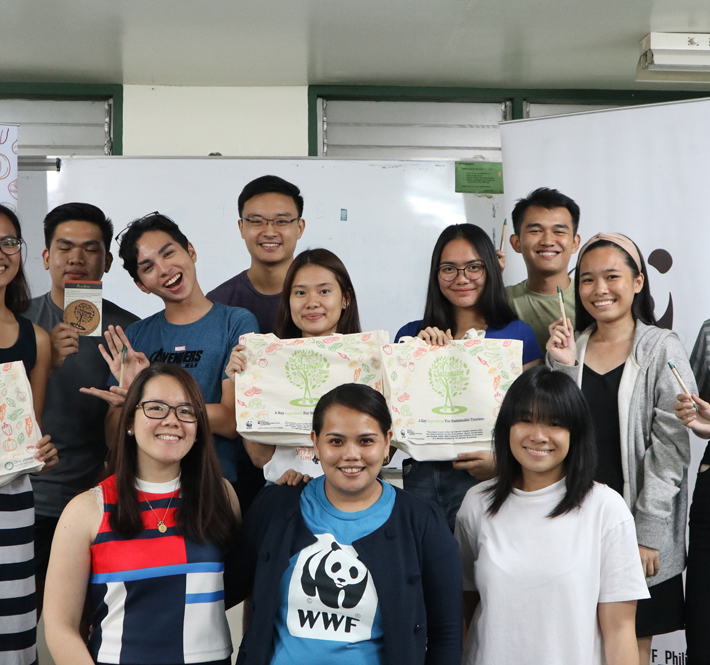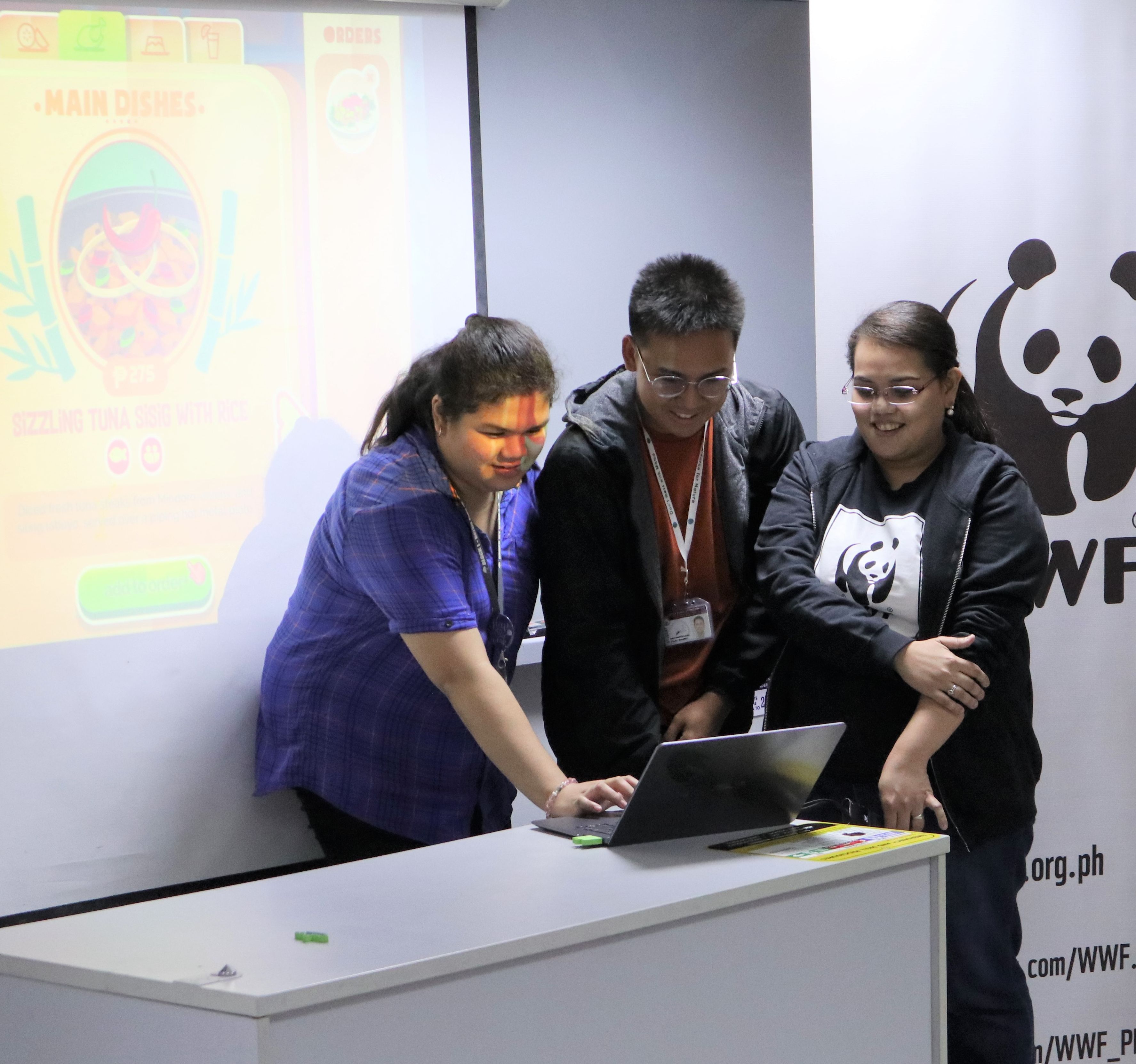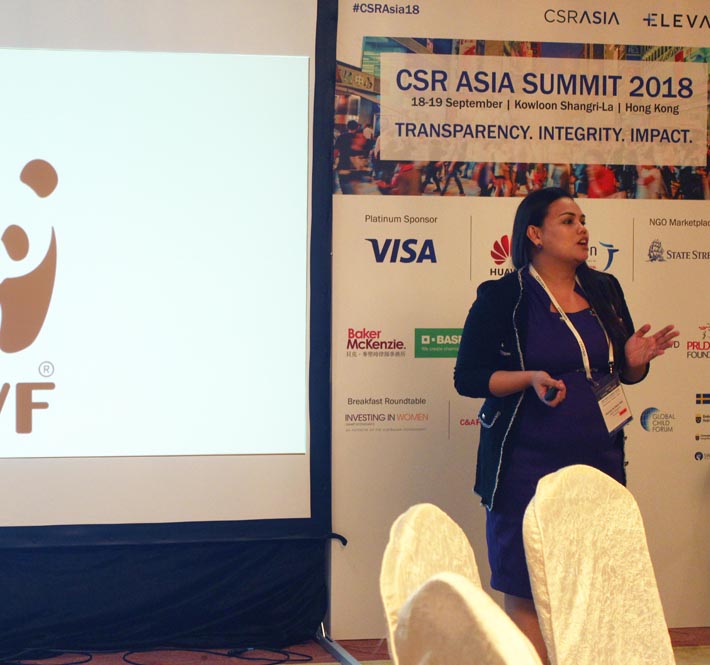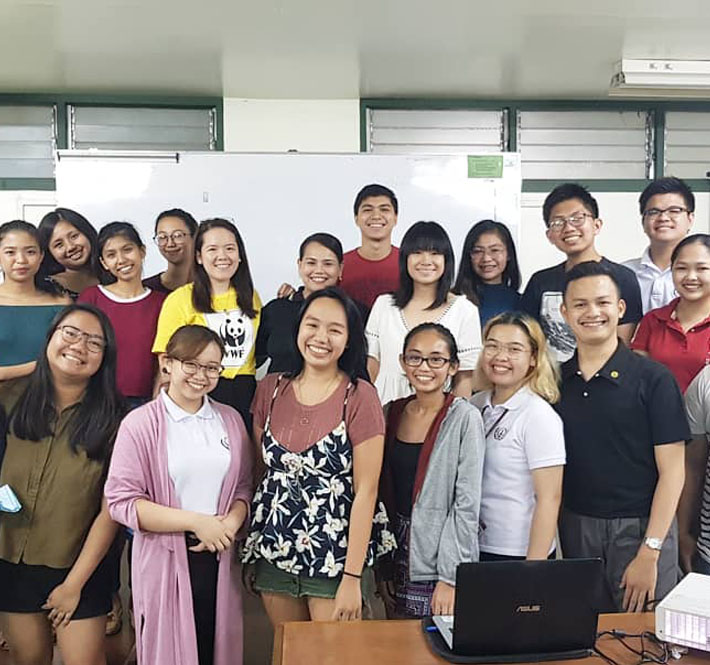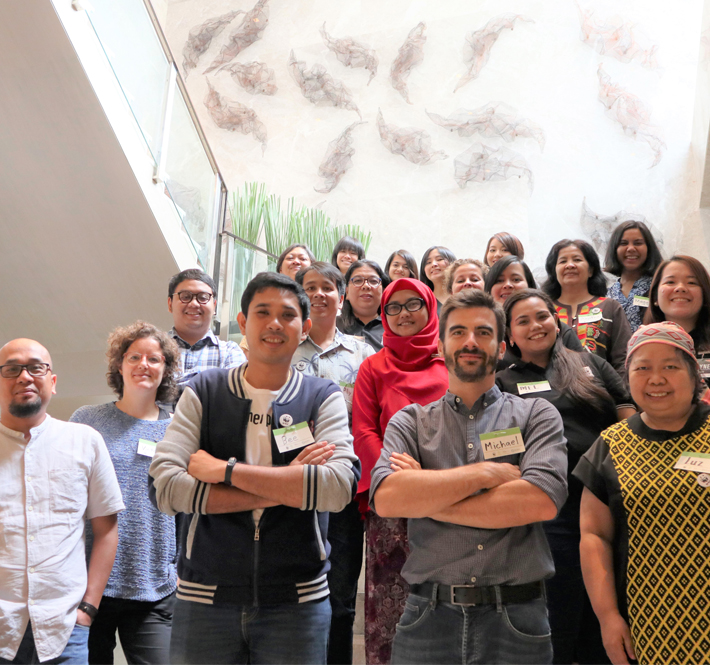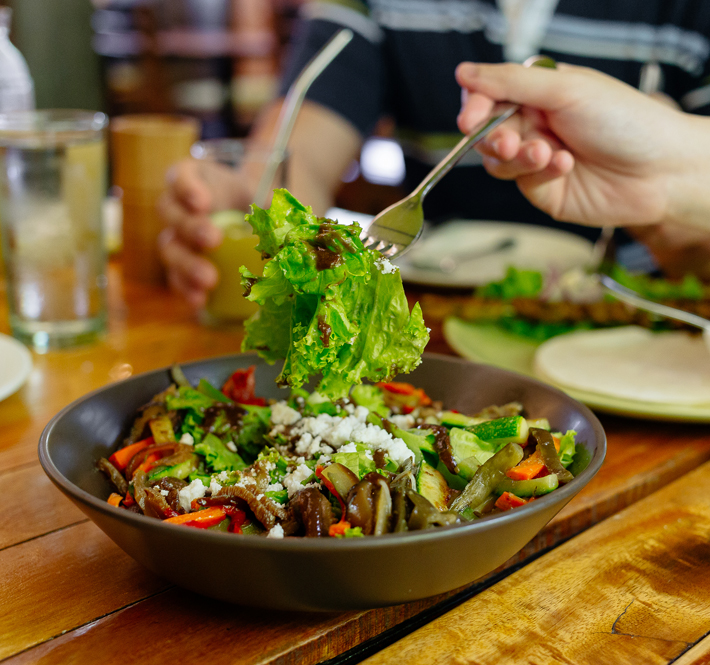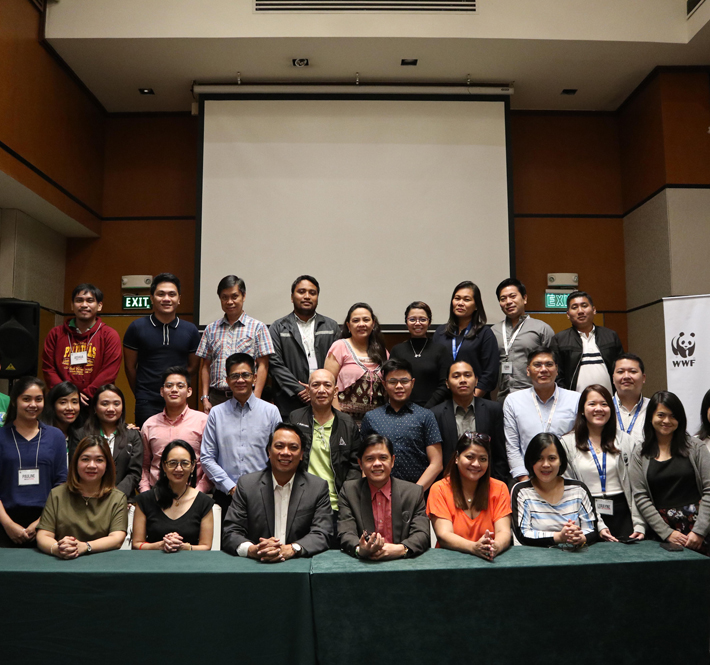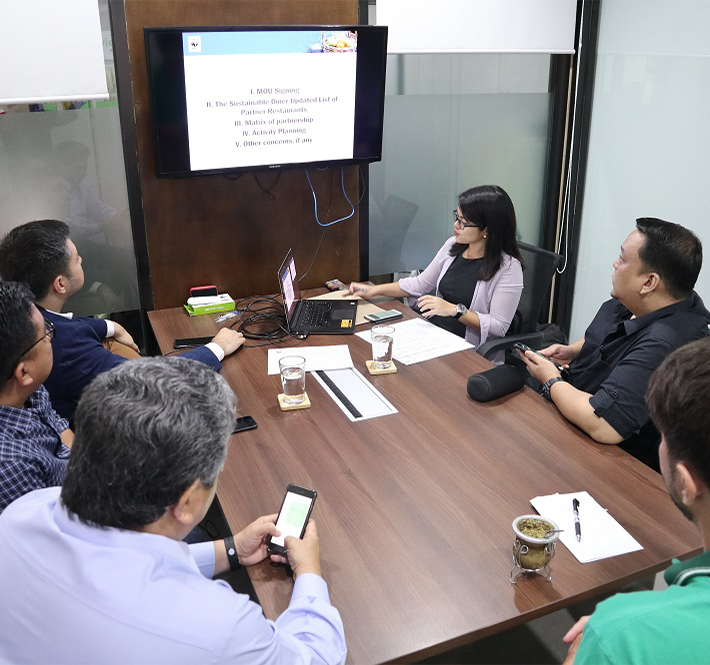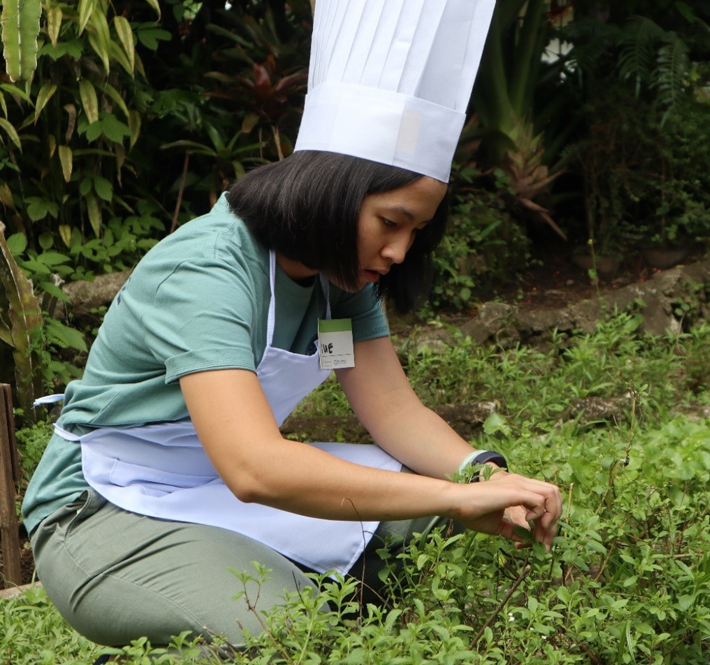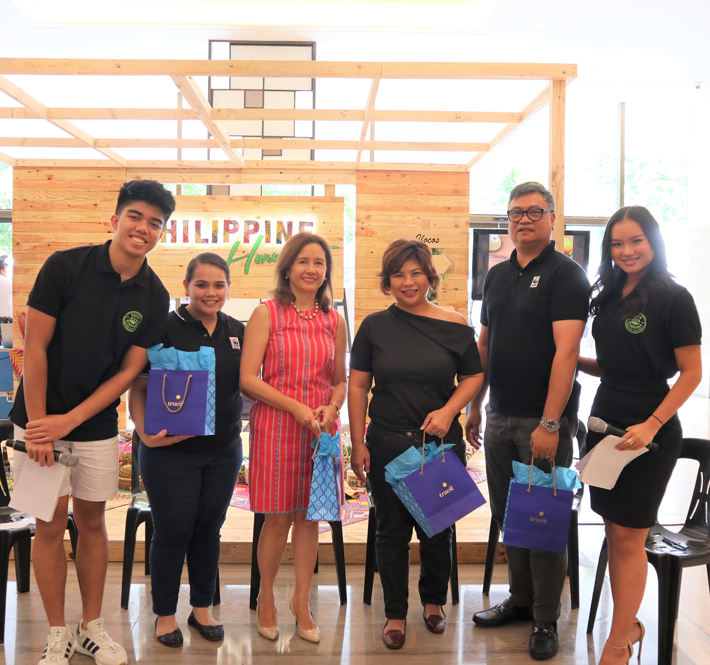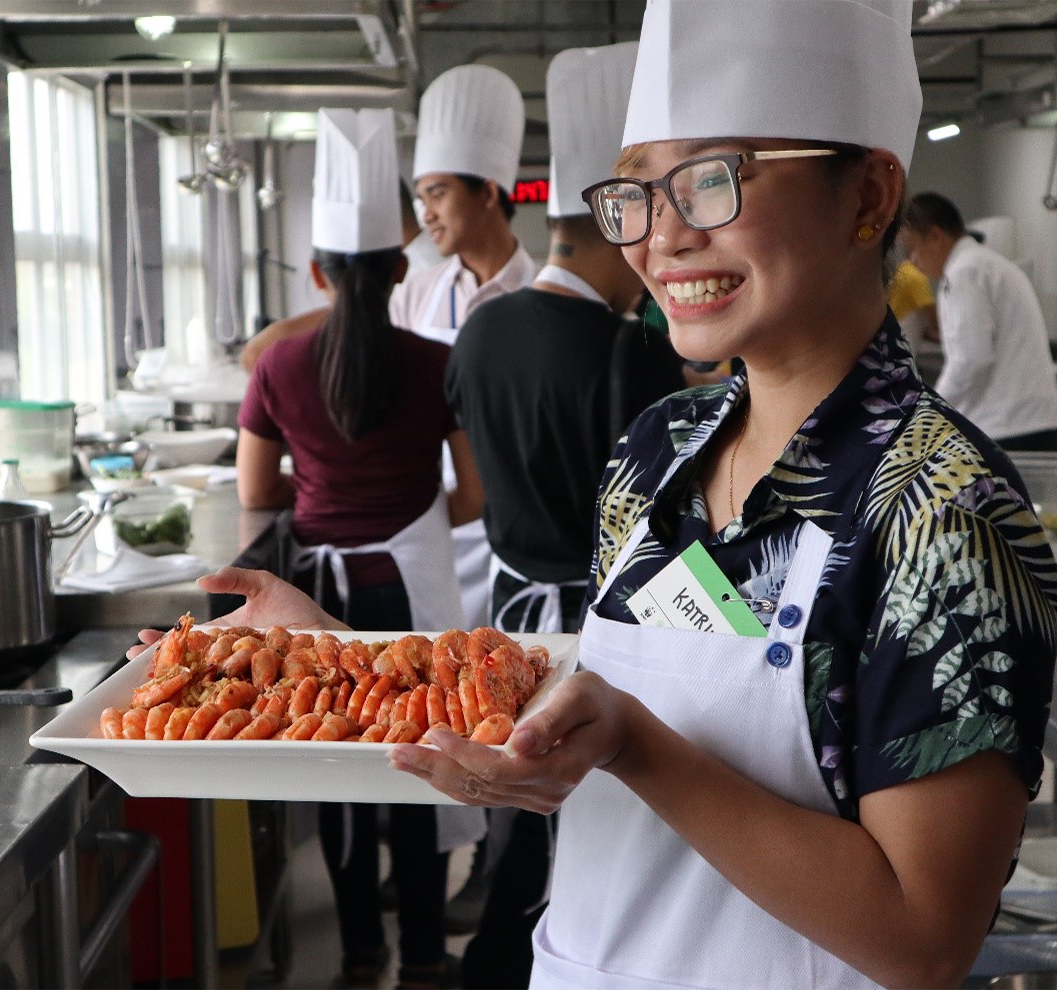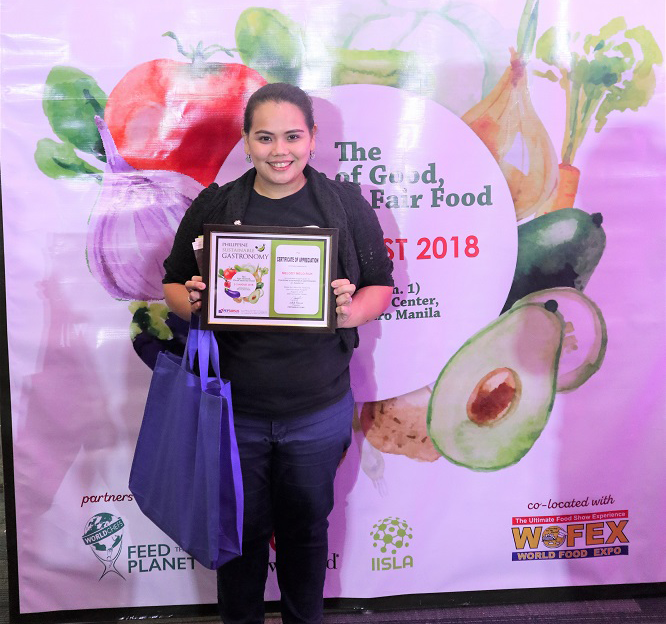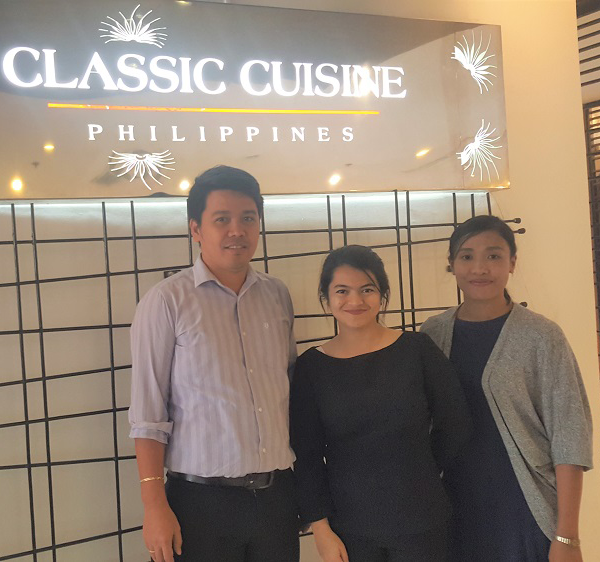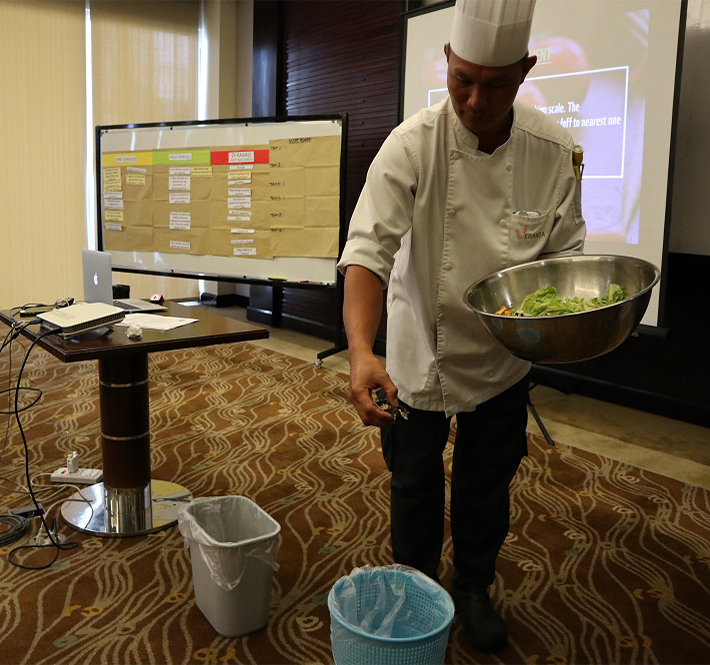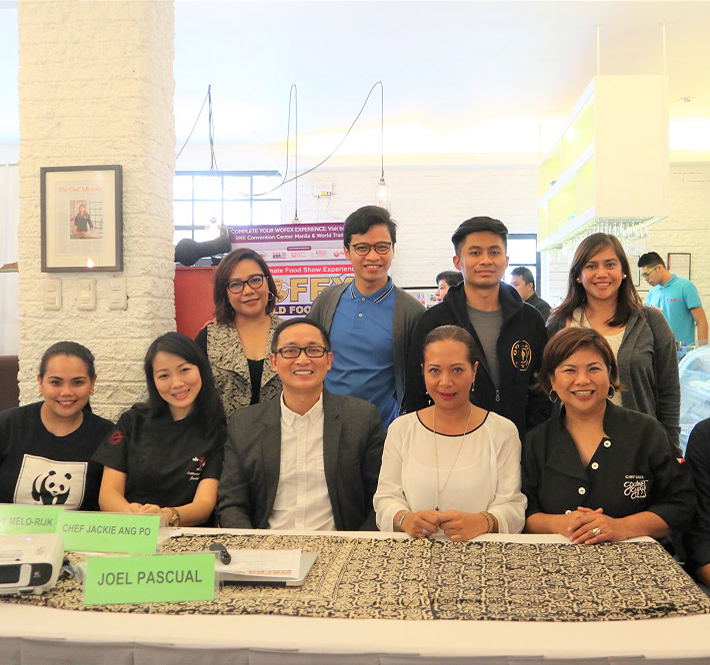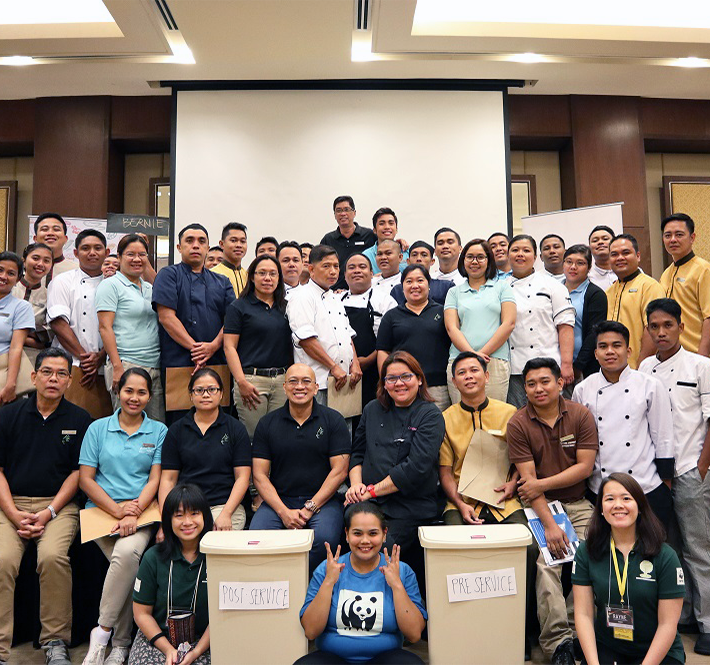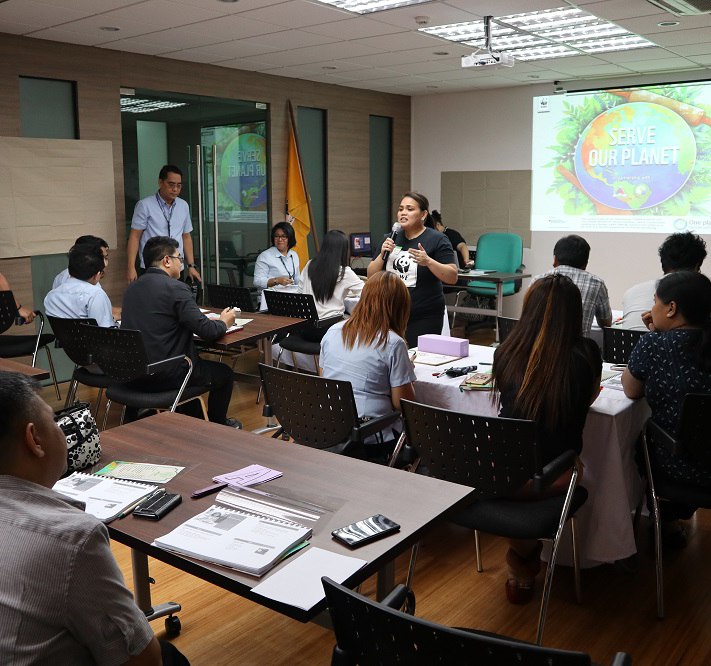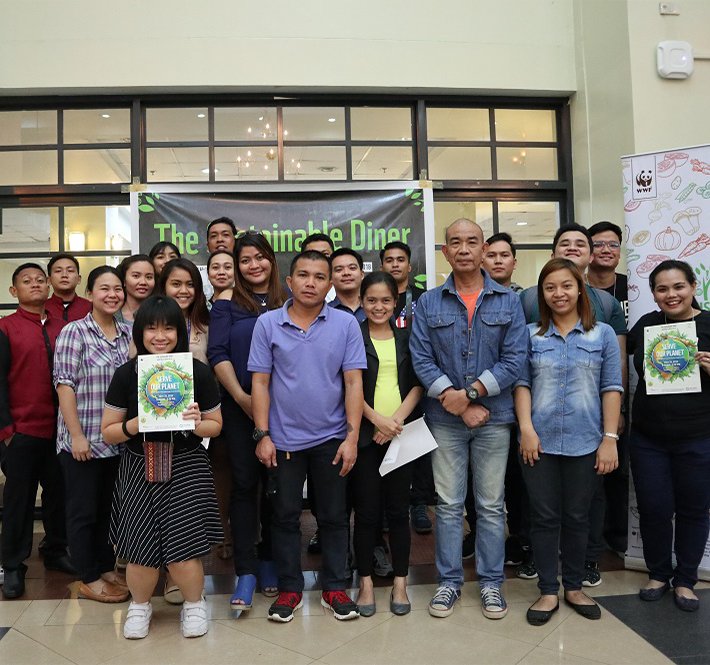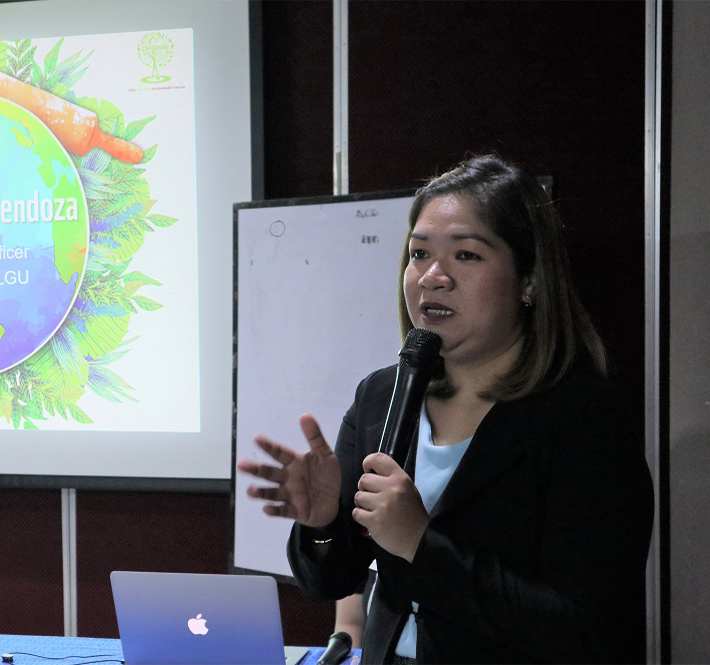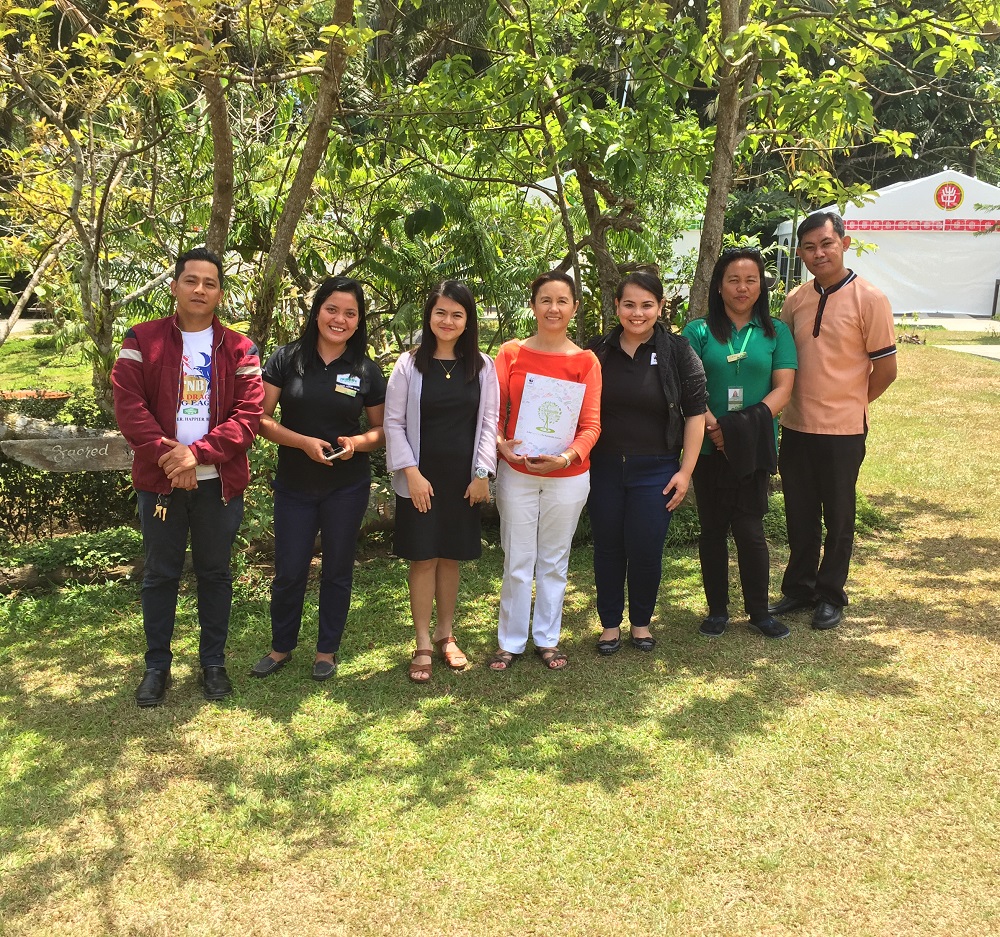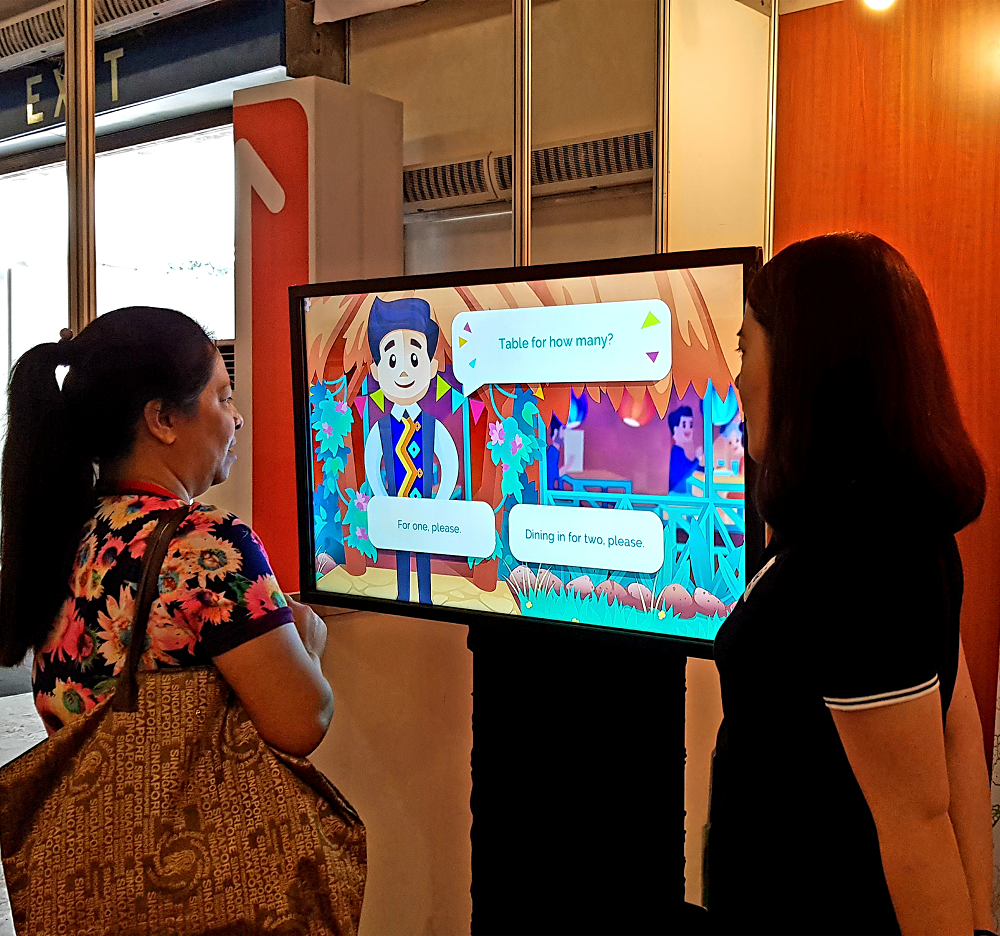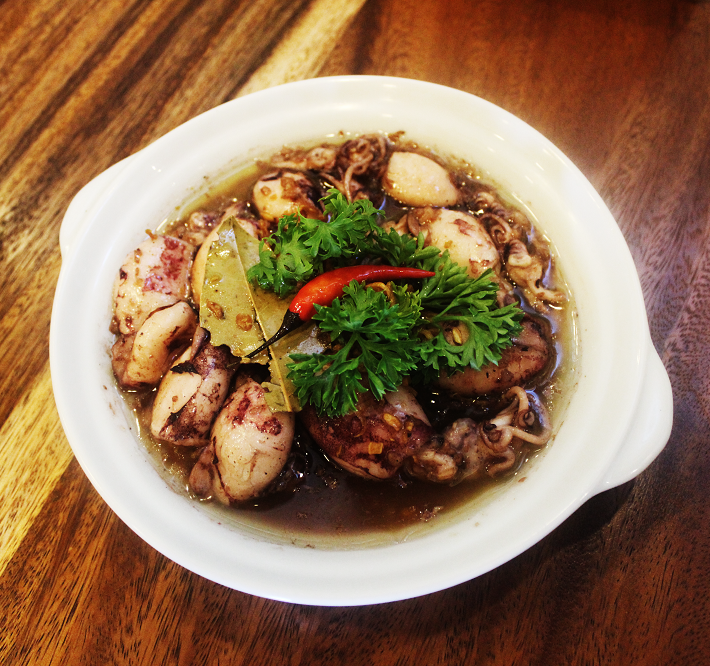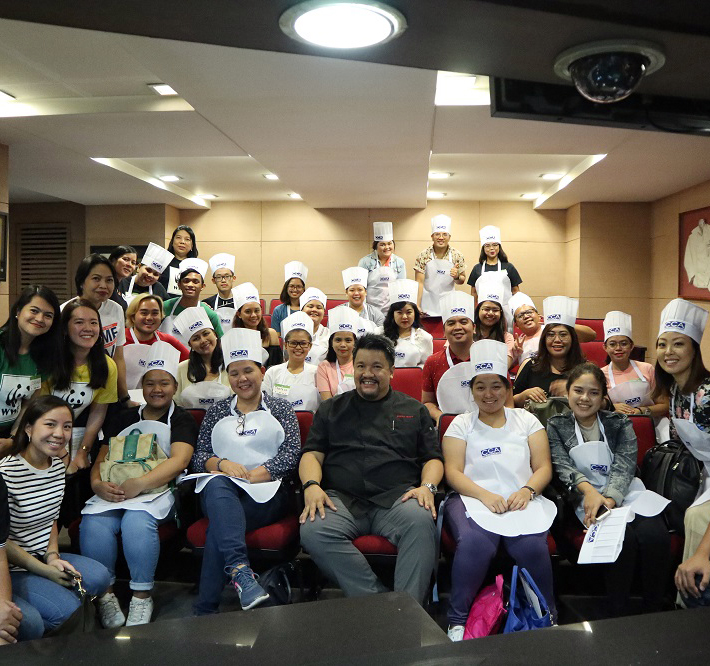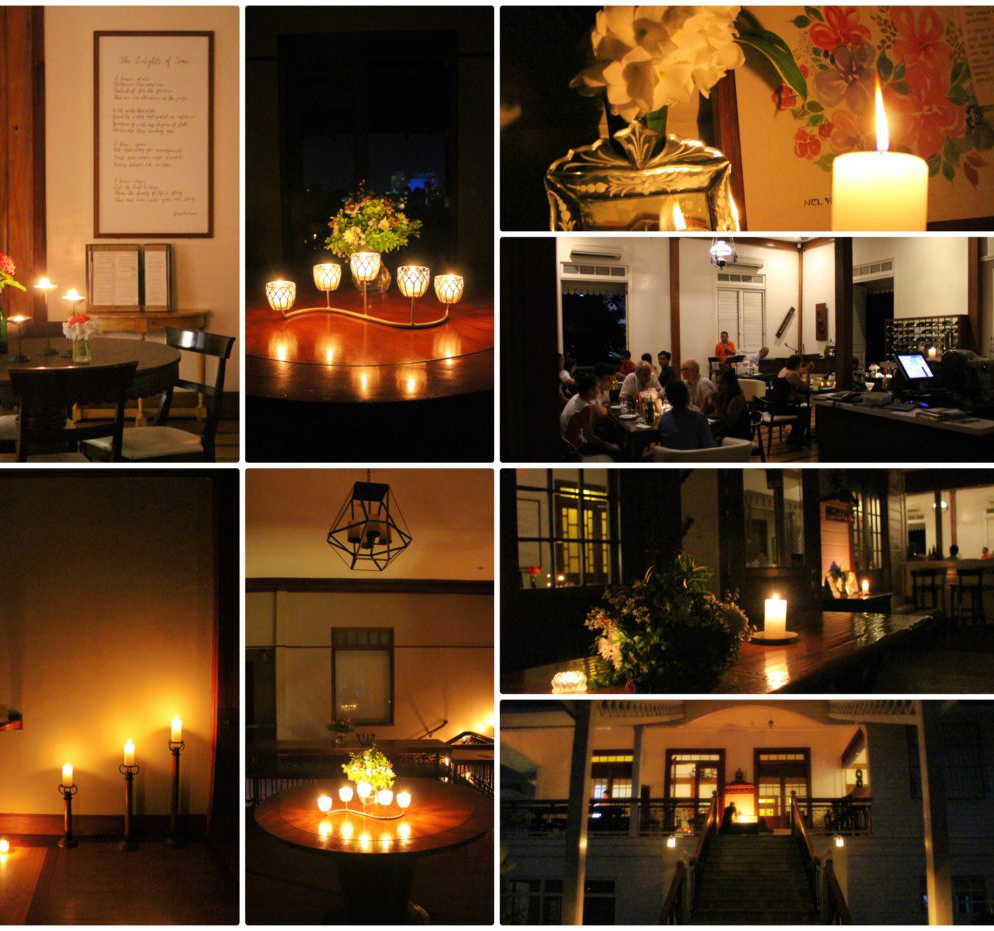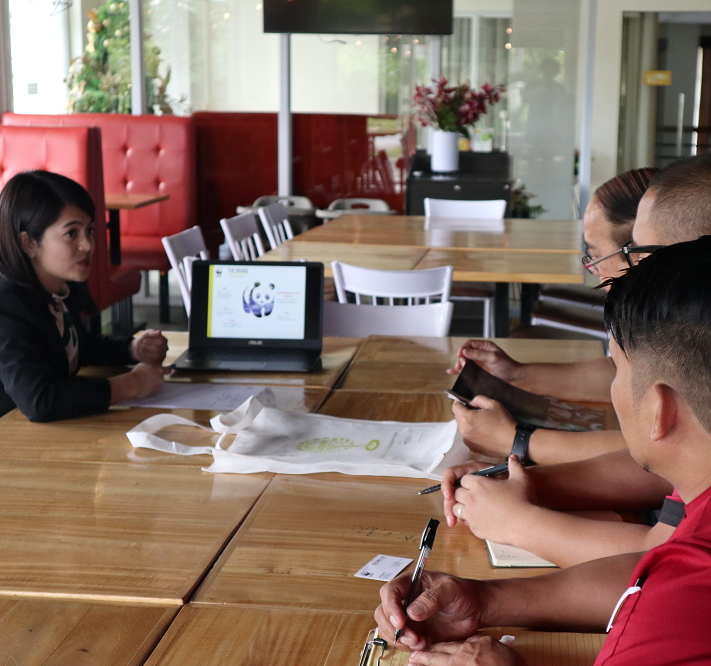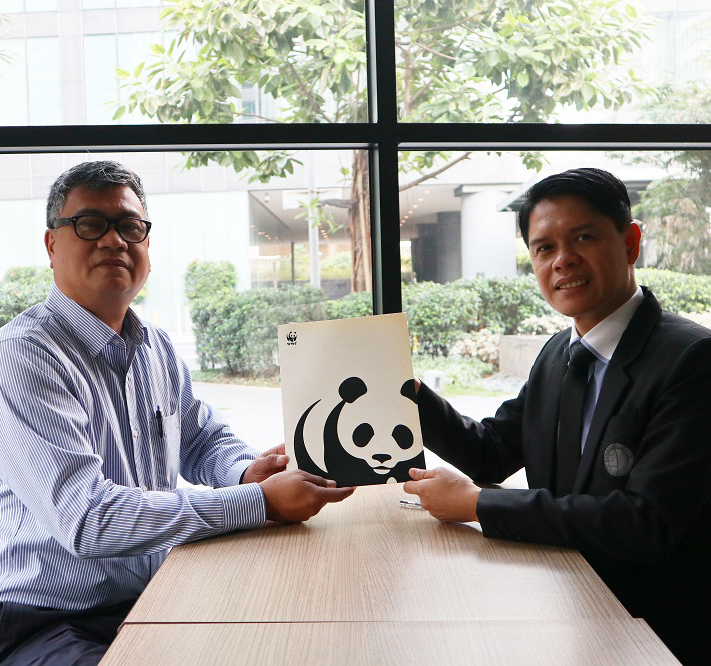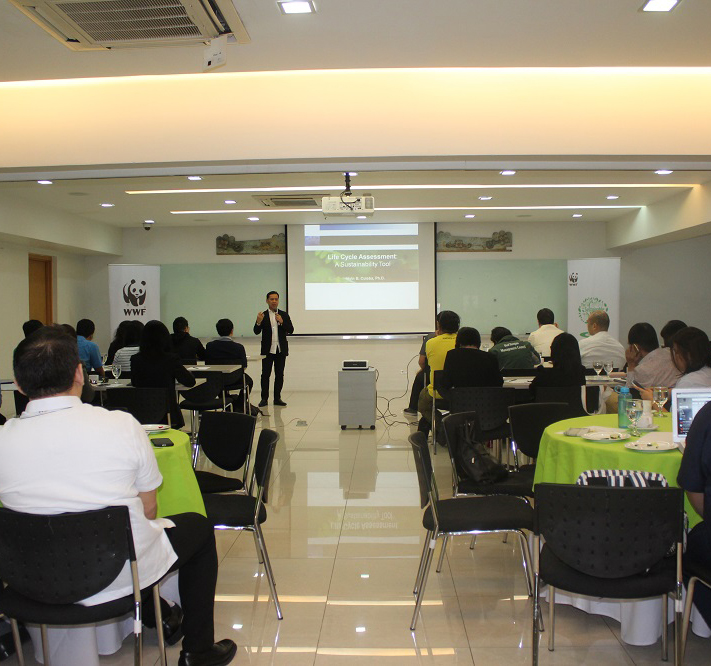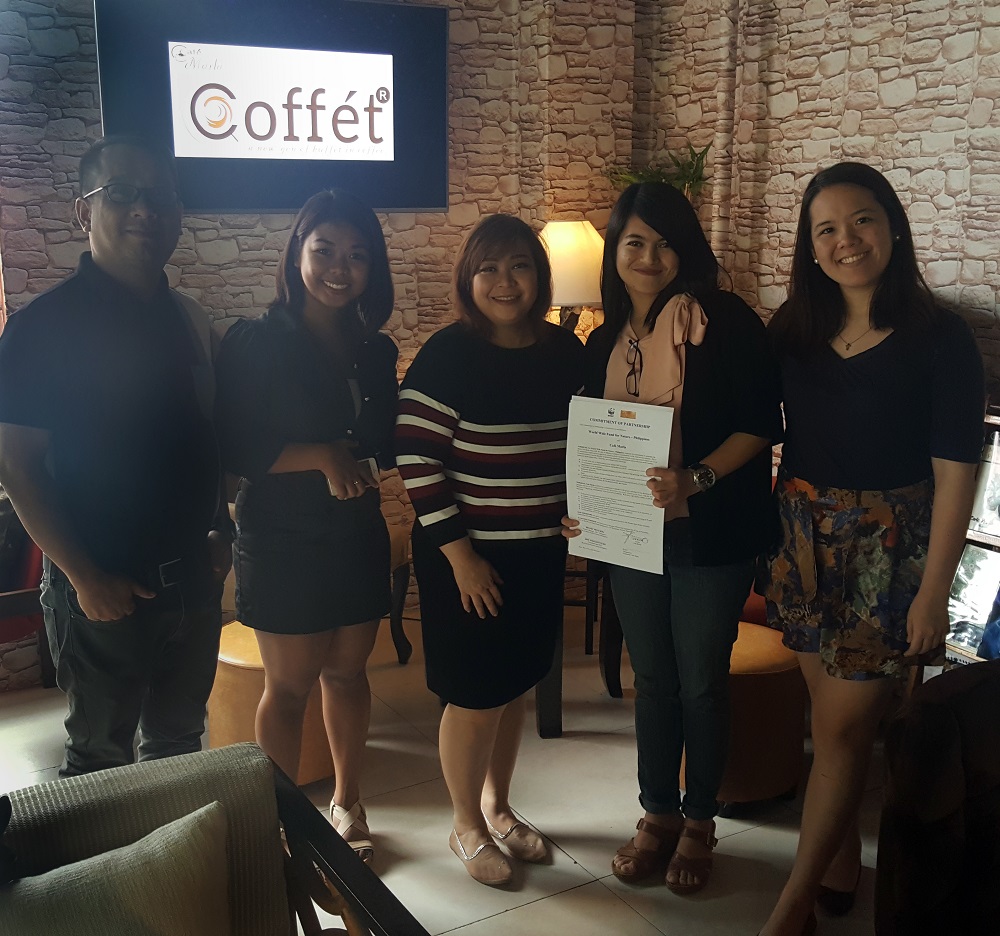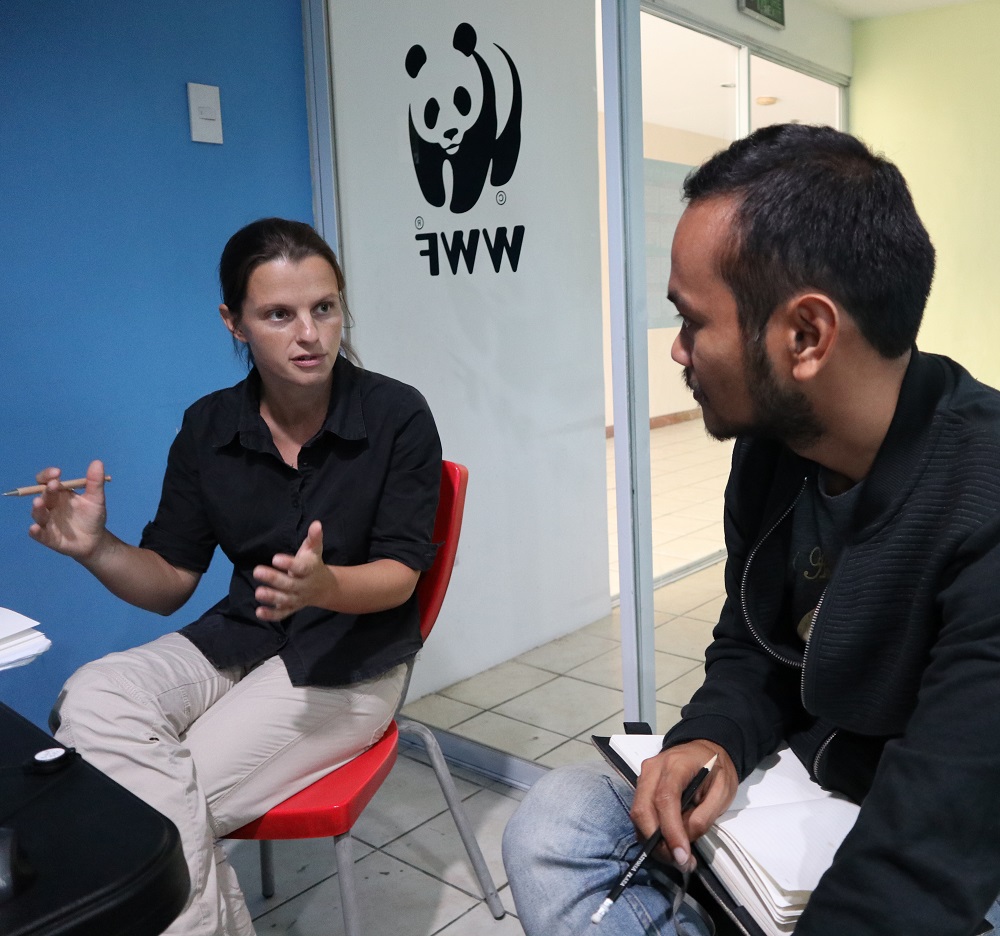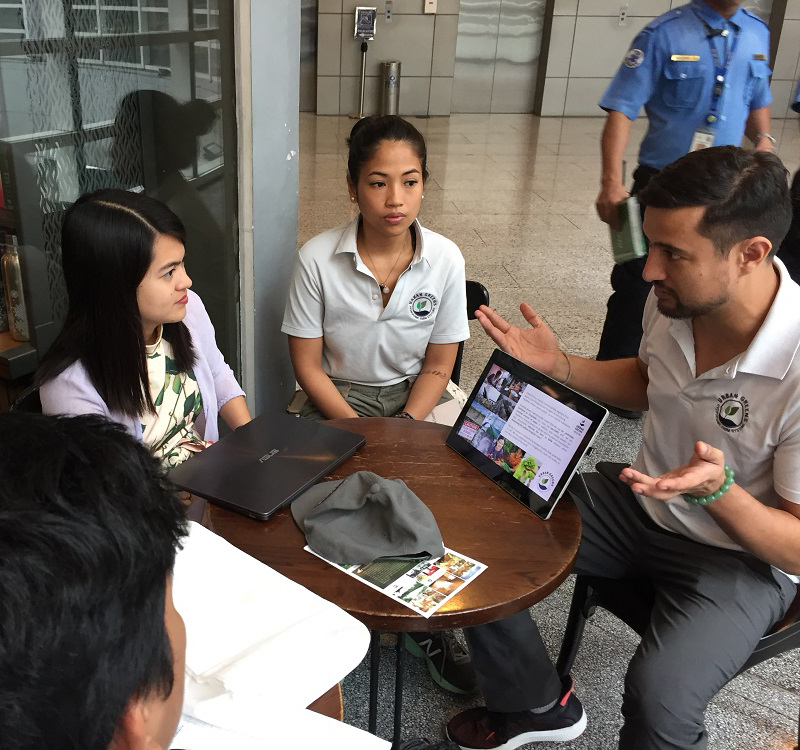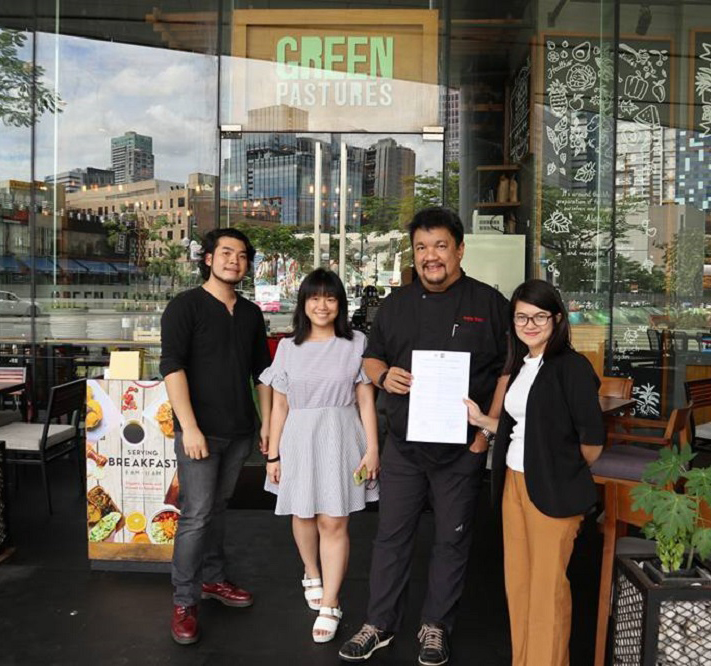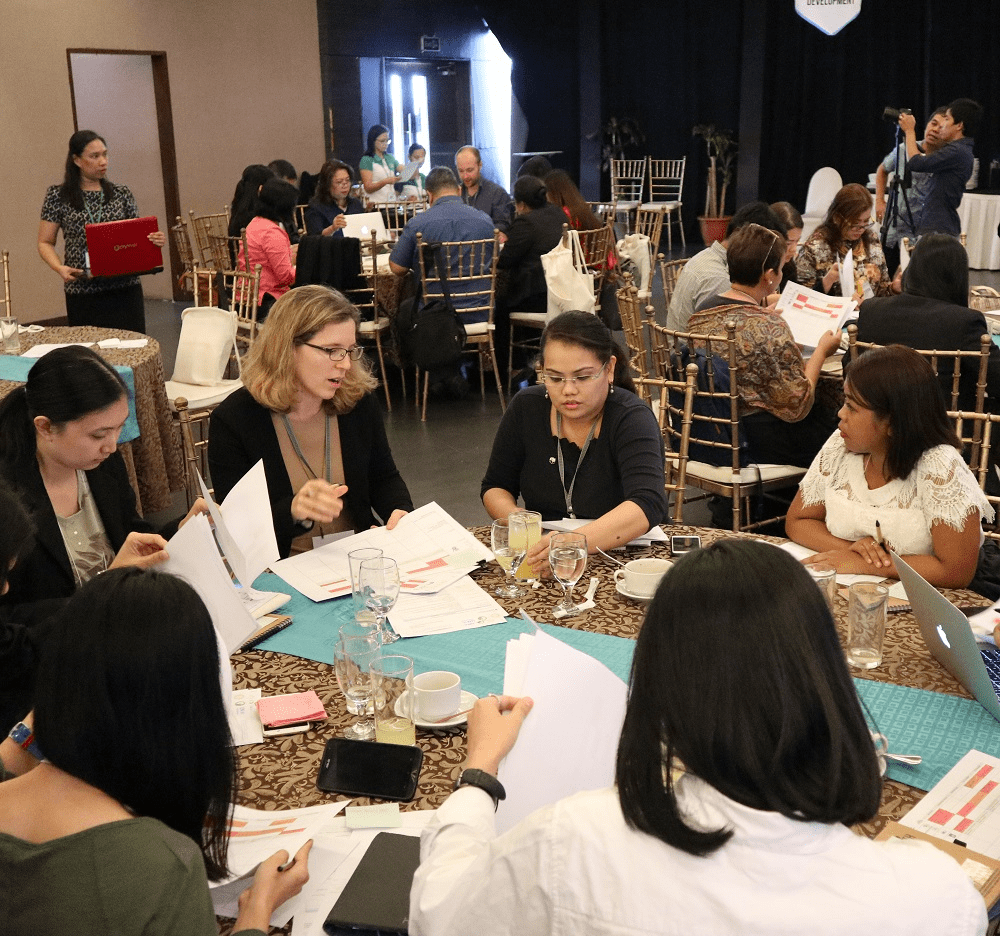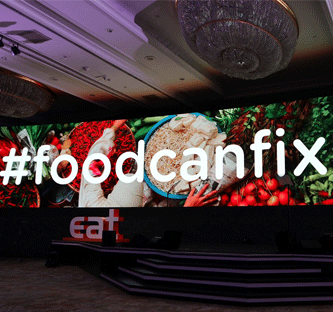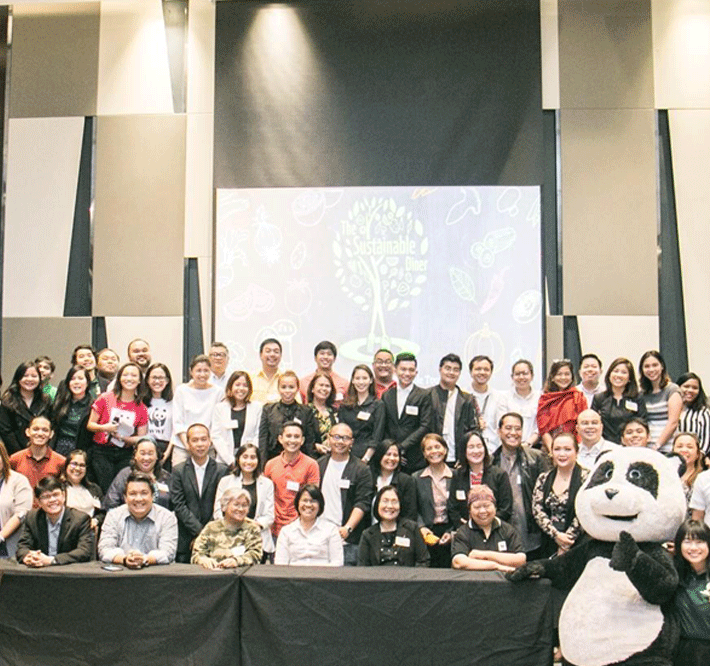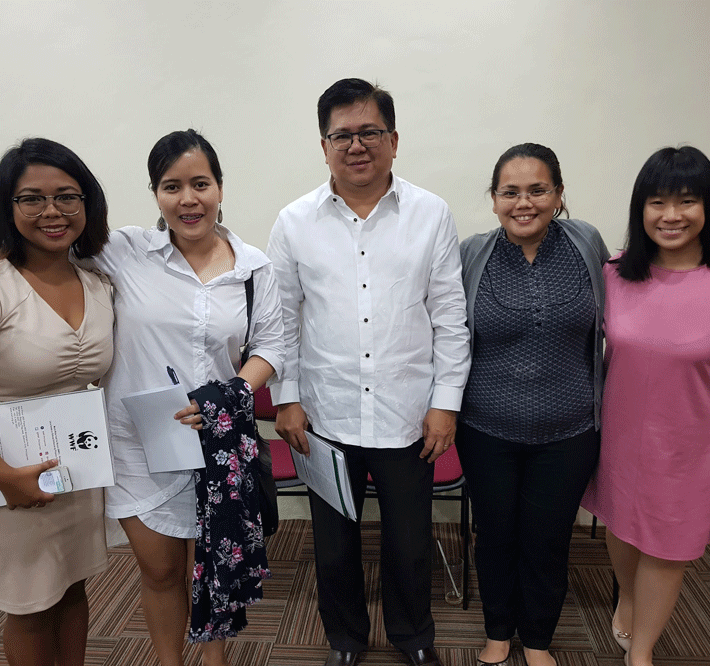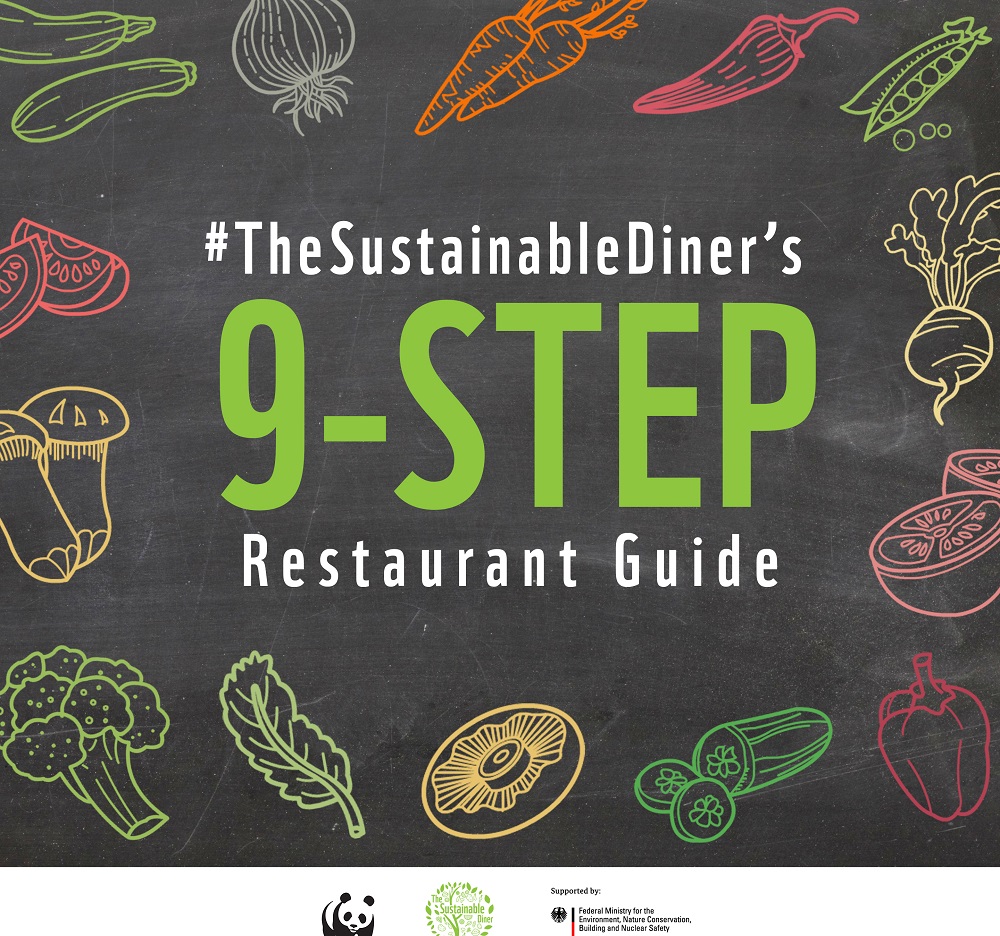The population of the Philippines stands at roughly 102 million and 27 million of this number live below poverty line. Moreover, 13.5 million of the economically poor are unable to eat three times a day, with 2.7 million families experiencing involuntary hunger at least once in the past three months.
Despite this challenge in terms of hunger and food security, it has also been estimated that Filipinos waste up to 308,000 tons of rice every year. In Metro Manila, 2,175 tons of food end up in trash bins daily.
Clearly, there is a gap between the amount of food that we are able to supply and produce, and the demand which this supply should be able to address. A great part of this problem lies in the traditional consumption and production processes which have already been established in our economy.
The food service industry accounts for a substantial share of local consumption and production as dining out is fast becoming a part of the Filipino’s daily habit. In fact, spending on restaurants and hotels is the 2nd highest in terms of consumption expenditure growth, which indicates a growing culture of out-of-home consumption. Due to economic growth and increased income, Filipinos are now more willing to spend on higher value goods and services, such as better quality meals, ready-to-eat food delivery services, and new restaurant trends.
These challenges and opportunities have led WWF-Philippines to champion the concepts of sustainable consumption and production as key drivers of achieving balance between the socio-economic growth of the country as well as the protection of our natural resources and food security. Through integrating sustainable consumption and production principles into our national and local policies, as well as in business practices and consumer top-of-mind behavior, it is possible to eradicate hunger, further stimulate economic growth, and protect the resources that ensure food security in the country.
With The Sustainable Diner project, WWF-Philippines hopes to lessen food wastage and contribute to the improvement of the implementation of sustainable consumption and production processes in the foodservice sector. The Sustainable Diner project aims to engage the government, food service businesses, and consumers in promoting sustainable dining practices and in making The Philippines’ food service industry more environmentally friendly.
This project is part of the International Climate Initiative (IKI). The Federal Ministry for the Environment, Nature Conservation, and Nuclear Safety (BMU) supports this initiative on the basis of a decision adopted by the German Bundestag.
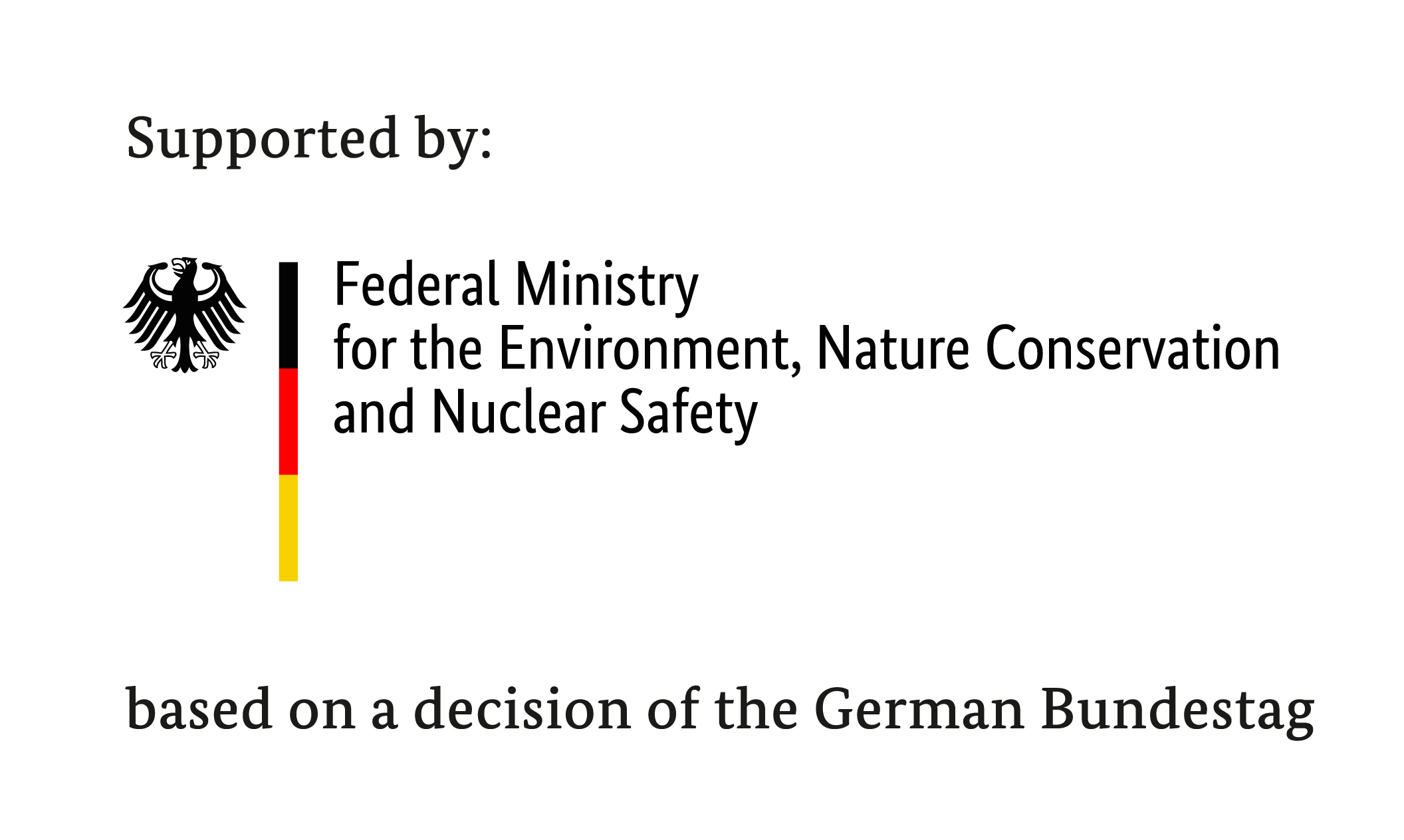
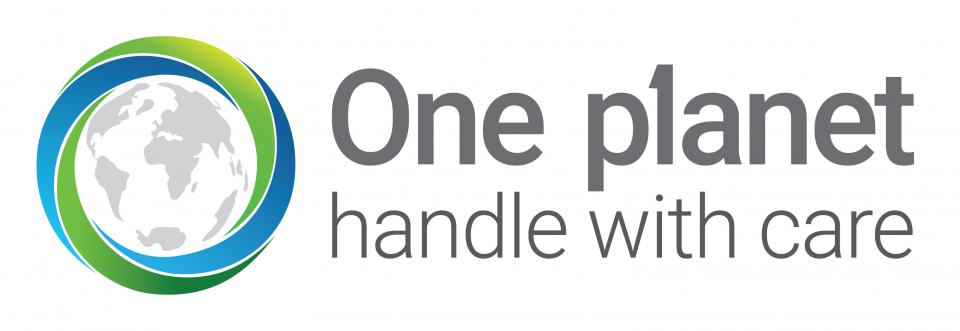
For more information on The Sustainable Diner, feel free to email Project Manager Ms. Melody Melo-Rijk at mmelorijk@wwf.org.ph.
PROJECT UPDATES
A Better Normal and the Journey towards Sustainable Consumption in the Philippine Tourism Sector
Businesses weathering the pandemic storm
The Sustainable Diner Business Recovery Dialogue with CCCI
Celebrating the Future of Sustainable Dining
The Philippine sustainability scene has always been fraught with challenges
Kitchen Collabs with KC Concepcion
KC Concepcion runs special Kawali-Kasan episodes for the second season of her online cooking show, Kitchen Collabs
The Costs and Benefits of Sustainable Food Service
Practicing sustainability has been perceived as expensive for businesses. It requires
The Sustainable Diner's Guide to a Green Recovery
The Covid-19 pandemic had a devastating impact on the food service and hospitality industry
Compost Your Food Waste in Just a Few Taps with SoilMate Mobile App
On June 25, 2021, WWF Philippines virtually launched through Zoom and Facebook Livestream
How to Empower the Next Generations in Sustainable Dining
Tertiary school or higher education is essential
Planet-Based Diets - Saving our planet one plate at a time
A number of studies have looked at global food
Cooking Our Way to Sustainable Dining!
On the final episode of WWF-Philippines' Savour Planet Webinar Series last May 28, 2021
Loving Our Own! Why Using Local Resources Efficiently Matters
During our last Savour Planet episode on April 29,
The Sustainable Diner Project: 2020 Highlights
Let’s look back at some of the key events and activities of The Sustainable Diner Project that happened in 2020 together with our advocacy partners and stakeholders.
Be a #SoilMate! Turn Your Food Waste into Healthy Soil
Have you thought of how much potential there is in a banana peel?
Reducing Waste to Save Our Planet: It Starts with You
Savour Planet is a webinar series that
Our Food Heroes Have Spoken! Let’s Learn from Them.
World Food Day is celebrated every October 16 in honor of the founding date of the Food and Agriculture Organization (FAO)
SoilMate: An IT Solution on Food Waste Landfill Diversion through Composting
The World Wide Fund for Nature (WWF) Philippines’ The Sustainable Diner (TSD) project has
Building back a better normal through sustainable tourism
The COVID-19 pandemic has surely drastically changed how the world works./p>
Building back better by ensuring food safety and less food waste in the hospitality sector
How do we manage food waste in the time of COVID-19?/p>
Everyone Can Be a Food Hero. Here’s How!
World Food Day is celebrated every year on October 16 in honor/p>
What are We Wasting for? Reducing Food Waste Starts at Home!
Approximately $1 trillion worth of food is lost or wasted every year /p>
Why Local Crop Diversity Matters
As we are all interconnected with each other, both humans and all other living organisms/p>
Start Them Young: Why Teaching Children about Environmental Conservation is Important
Primary school or elementary education is an essential stage in the growth and development of a child's/p>
5 Steps to Keep Our Food Safe
Food safety is the proper handling, cooking, and storage of food /p>
Doing My Part for COVID-19: Together Possible!
Maintaining good hygiene is an important barrier/p>
Be a Sustainable Diner at Home
Make the most out of our food resources and savor their many benefits/p>
Ambag ko laban sa COVID-19: Kapag sama-sama, kayang-kaya!
Ang kalinisan ay mabisang panangga sa/p>
Sustainability Training for El Nido Tourism
The World Wide Fund for Nature (WWF) Philippines, in partnership with/p>
The Sustainable Diner Summit
On March 3, 2020, the World Wide Fund for Nature (WWF) Philippines,/p>
Practice Zero Waste Lifestyle Everyday
The month of January has been declared as the National Zero Waste Month/p>
Celebrating World Food Day 2019 with The Journey of Food
Together with Ayala Malls Manila Bay, Old Manila Eco Market, /p>
The Climate Plate at CCC Week 2019
On November 18, 2019, the World Wide Fund for Nature (WWF) Philippines/p>
The Sustainable Diner Action Planning Workshop on World Food Day 2019
On October 16, 2019, World Wide Fund for Nature (WWF) Philippines’ The Sustainable Diner:/p>
The Sustainable Diner at SwellFest 2019
Representatives from The Sustainable Diner: A Key Ingredient for Sustainable Tourism project/p>
What's On Your Plate? A Food Security Forum
Last October 12, 2019, The Sustainable Diner: A Key Ingredient for Sustainable Tourism,/p>
The Sustainable Diner at Ateneo’s Talakayang Alay sa Bayan
Last October 8, 2019, The Sustainable Diner: A Key Ingredient for Sustainable Tourism, /p>
The Kalikasan GP3 2019 Launch
On September 17, 2019, the World Wide Fund for Nature (WWF) Philippines/p>
The Sustainable Diner at the Social Good Summit 2019
Last September 21, 2019, Rappler, together with De La Salle Philippines and De La Salle University/p>
Sustainability Training for Panglao Tourism
The World Wide Fund for Nature (WWF) Philippines, through its pioneer project on sustainable consumption and production,p>
DOT Partnership for Sustainable Tourism
On September 2, 2019, the World Wide Fund for Nature (WWF) Philippines/p>
Nutrition in One Health for the Planet
The World Wide Fund for Nature (WWF) Philippines, through/p>
UN SDSN Youth for Sustainable Dining
Last August 16, 2019, the World Wide Fund for Nature (WWF) Philippines’ The Sustainable Diner/p>
Wala Usik sa Pagkaon with Savour Planet
“Food production is one of the biggest threats to the environment today./p>
The Future of Sustainable Food
“Consumers are actively making lifestyle changes to preserve and/p>
Sustainability Training for CAR Tourism
The World Wide Fund for Nature (WWF) Philippines, through its pioneer project on sustainable consumption and production,/p>
Serve Our Planet 2019 in Cebu City
Last July 10, 2019, World Wide Fund for Nature (WWF) Philippines’ The Sustainable Diner: A Key Ingredient for Sustainable Tourism/p>
Sustainable Dining at the Stock Exchange
Last August 2, 2019, The Sustainable Diner: A Key Ingredient for Sustainable Tourism, World Wide Fund for Nature/p>
IDx 2019: Circular Economy in Design
Last June 29, 2019, The Sustainable Diner: A Key Ingredient for Sustainable Tourism, World Wide Fund for Nature (WWF) Philippines/p>
Teaching Manual Pilot Test Trainings
The Sustainable Diner: A Key Ingredient for Sustainable Tourism, WWF-Philippines’ pioneer project on sustainable
The Global Research Forum on SCP 2019
Representatives from The Sustainable Diner: A Key Ingredient for Sustainable Tourism project of the World Wide Fund for Nature (WWF) Philippines./p>
Policy Planning with Tagaytay City LGU
Last June 11, 2019, World Wide Fund for Nature (WWF) Philippines’ The Sustainable Diner: A Key Ingredient for Sustainable
Sharing our Advocacy with the Community
March and April have been very busy months for The Sustainable Diner: A Key Ingredient for Sustainable Tourism
Nurture Wellness Village Staff Training
Last May 30, 2019, World Wide Fund for Nature (WWF) Philippines’ The Sustainable Diner: A Key Ingredient for Sustainable Tourism project conducted its first staff training on Food Waste Management and Plastics Waste Management for Nurture Wellness Village/p>
Savour Planet 2019 Goes to Tagaytay City
“We’ve experienced how big of a buzzword sustainability
Manage Food Waste, Market Sustainability
Last March 26, 2019, World Wide Fund for Nature (WWF) Philippines’ The Sustainable Diner: A Key Ingredient for Sustainable Tourism
A Breakthrough for Responsible Tourism
Last April 4, 2019, representatives from two projects of the World Wide Fund for Nature (WWF) Philippines - The Sustainable Diner: A Key Ingredient for Sustainable Tourism
Serve Our Planet 2019 in Tagaytay City
Last April 8, 2019, World Wide Fund for Nature (WWF) Philippines’ The Sustainable Diner: A Key Ingredient for Sustainable Tourism
Policy Planning with Cebu City LGU
Last March 4, 2019, World Wide Fund for Nature (WWF) Philippines’
No Place for Food Waste in Quezon City
2.4 million Filipino families experienced involuntary hunger at least once in the past three months. Only 1 out of 3 Filipino households are considered food secure.
Sharing SCP at the 10th PLLENRO NatCon
Last March 1, 2019, World Wide Fund for Nature (WWF) Philippines’
Policy Planning with Quezon City LGU
Last January 24, 2019, World Wide Fund for Nature (WWF) Philippines’
WWF-PH at the HUMSS Congress 2019
Last February 27, 2019, World Wide Fund for Nature (WWF) Philippines’ The Sustainable Diner: A Key Ingredient for
Zero-Waste Love at The Mind Museum
Last February 9, World Wide Fund for Nature (WWF) Philippines’
Reduce Plastic Use with The Last Straw
Last November 24, World Wide Fund for Nature (WWF) Philippines’
Kain Na! Food and Travel Festival 2018
Last December 9, World Wide Fund for Nature (WWF) Philippines’ The Sustainable Diner: A Key Ingredient for Sustainable
SMHCC Food Waste Intervention Workshops
World Wide Fund for Nature (WWF) Philippines’ The Sustainable Diner: A Key Ingredient for Sustainable Tourism project
Tourism Students for Sustainable Dining
“Tourism is an industry where environmental protection should be placed at the core.
Green Your Eats! with Ateneo
Last November 12, 2018, World Wide Fund for Nature (WWF) Philippines’ The Sustainable Diner: A Key Ingredient for Sustainable Tourism
DOT Region IV-A Food Safety Training
Last October 30, 2018, World Wide Fund for Nature (WWF) Philippines’ The Sustainable Diner: A Key Ingredient for Sustainable Tourism project was invited for a Food Waste Management,
WWF-Philippines at CSR Asia Summit 2018
Last September 18 and 19, 2018, CSR Asia, an ELEVATE company, successfully conducted the 12th consecutive run
#TheSustainableDiner at SenseCamp 2018
Last October 20 and 21, SenseCamp Philippines: Sustainable Tourism was held at Mount Purro Nature Reserve, Antipolo City. SenseCamp
Agrobiodiversity and Sustainable Dining
Last October 4, 2018, World Wide Fund for Nature (WWF) Philippines’
2018 SCP Coordination Meeting
World Wide Fund for Nature (WWF) Philippines’ The Sustainable Diner: A Key Ingredient for Sustainable Tourism project hosted the second WWF-SCP
7th Set of Sustainable Diner Partners
The Sustainable Diner team of World Wide Fund for Nature (WWF) Philippines will end the third quarter of 2018
Action Planning Workshop for SCP
Last September 24 and 25, 2018, World Wide Fund for Nature (WWF) Philippines’
WWF Joins Forces with LM10 and Pitaya Family
Helping the local food service sector transition
Savour Planet comes to Tagaytay
“A sociologist friend of mine once told me that a hundred years ago, we Filipinos ate vegetables, beans,
Reduce Food Waste By Dining Sustainably
Food is an integral part of human life, and in the
6th Set of Sustainable Diner Partners
We started the third quarter of 2018 with three more
Food Waste Training for Taal Vista
Representatives from different departments - kitchen, purchasing, banquet and sales
Food Waste Training for Pico De Loro
The overall goal is for partner companies and organizations
Food Safety Training in Tagaytay
The training served as an eye-opener to alleviate the food
4th Set of Sustainable Diner Partners
WWF ended the first quarter of 2018 with three more restaurant partnerships across
Introducing the Savour Planet Workshop Series
We've launched our flagship workshop series for Filipino diners at Cravings
#Connect2Earth, One Plate At A Time
Earth Hour’s sweeping momentum has paved the way for
3rd Set of Sustainable Diner Partners
Starting 2018 with a bang as three homegrown restaurants join the movement
WWF & PCEPSDI Partner for SCP
The promotion and implementation of sustainable consumption and production practices
Food and Tourism Life Cycle Assessment
The workshop focused on the application and implementation
2nd Set of Sustainable Diner Partners
Three more restaurants from Cebu City and Quezon City
The Role of Consumers in Sustainability
Focusing on transforming consumption patterns to help
Making Healthy Food Accessible
Urban Greens was founded on October 2016 with its mission to evolve the Philippines’ vegetable
Top Restaurants Team Up with WWF
Three of the most well-known restaurants in the country
The Sustainable Diner Launch
WWF-Philippines launched this pioneer project on sustainable consumption
A Key Player for PH Food Security
Members of The Sustainable Diner project team were invited to join the
The 9-Step Restaurant Guide
Dining out? Follow this 9-step guide and become #TheSustainableDiner



